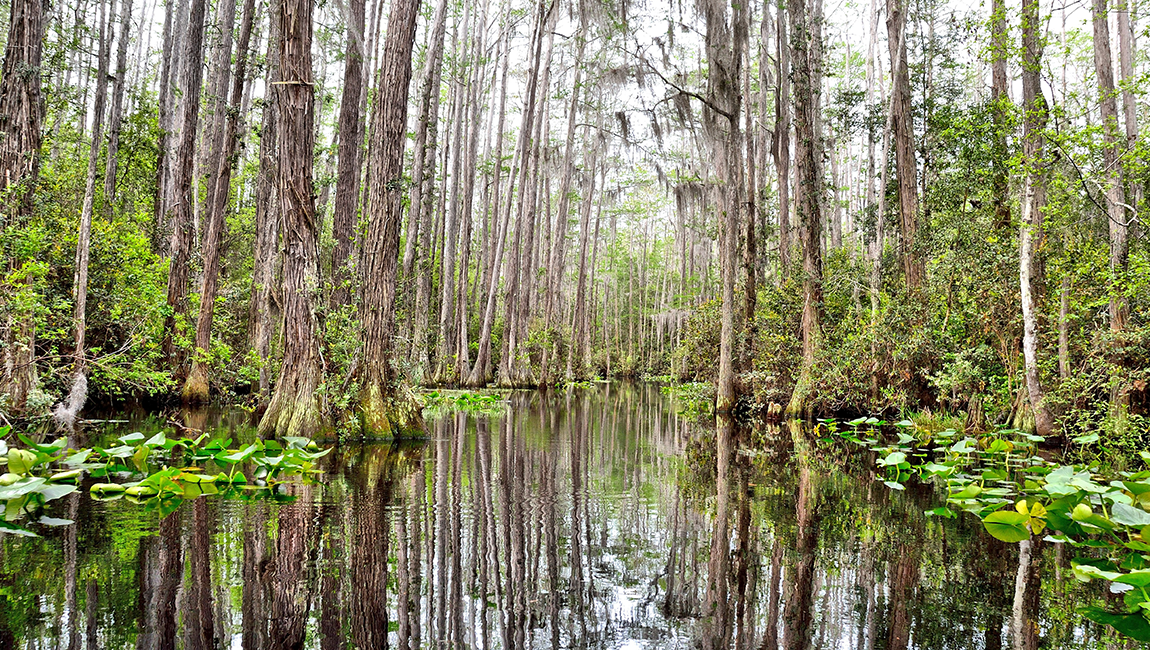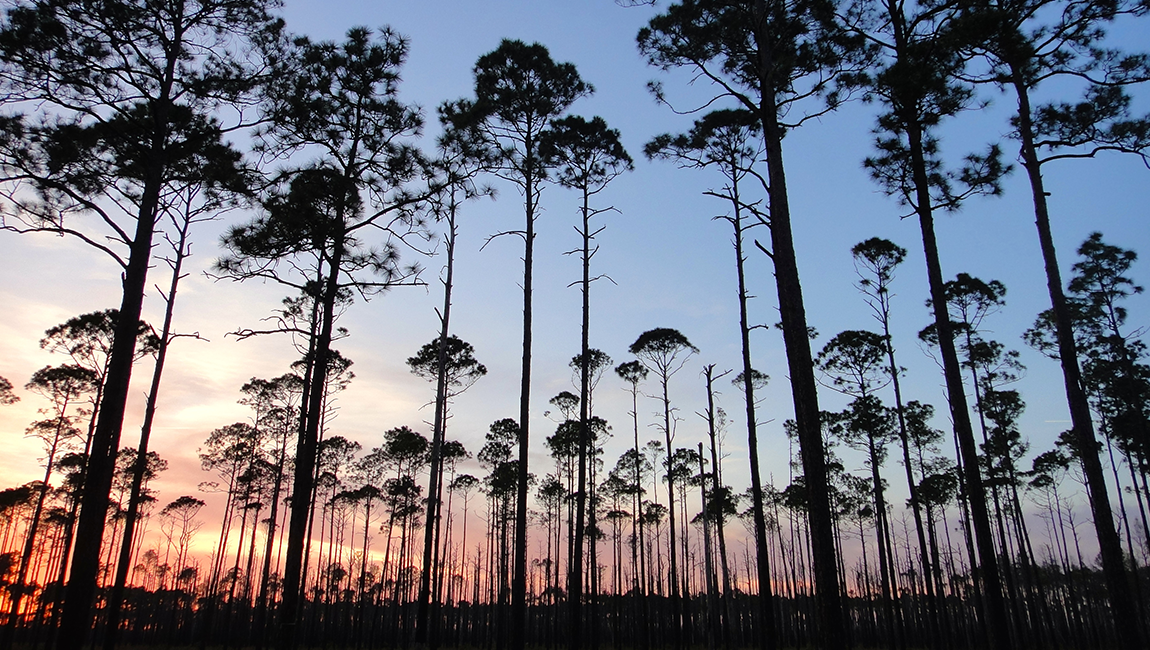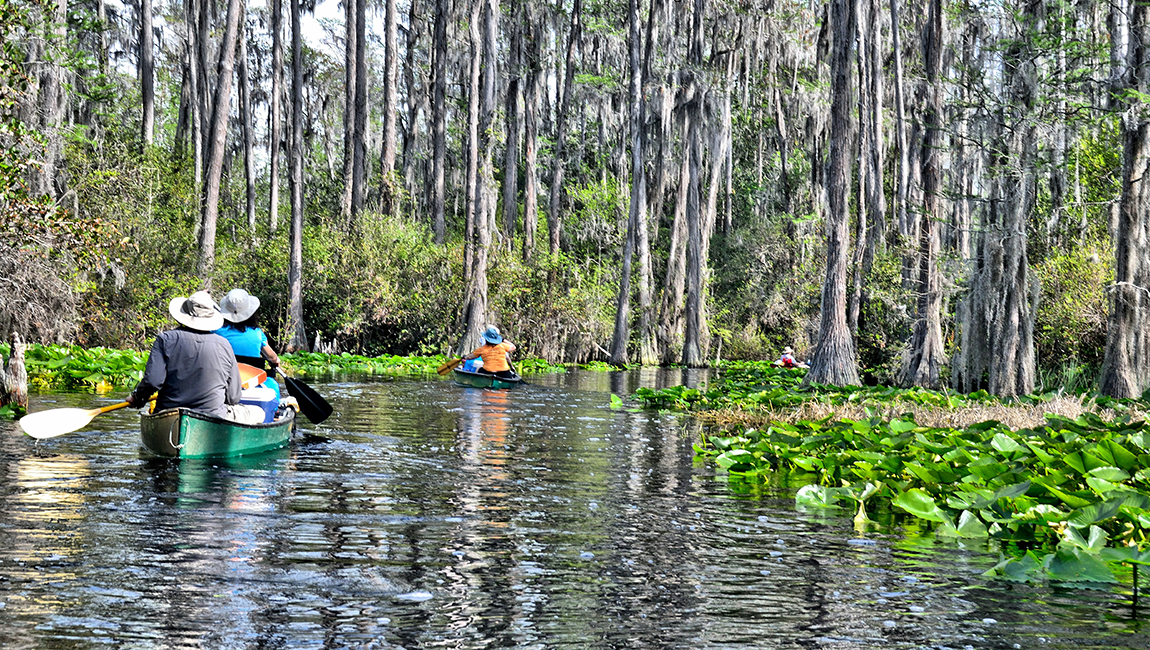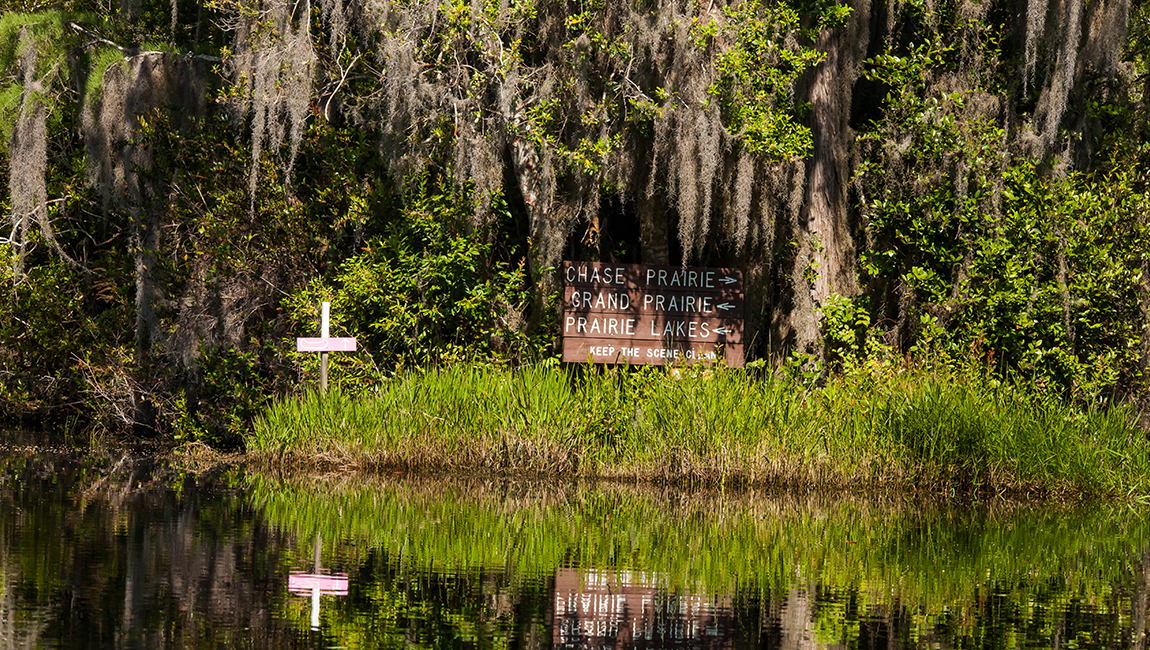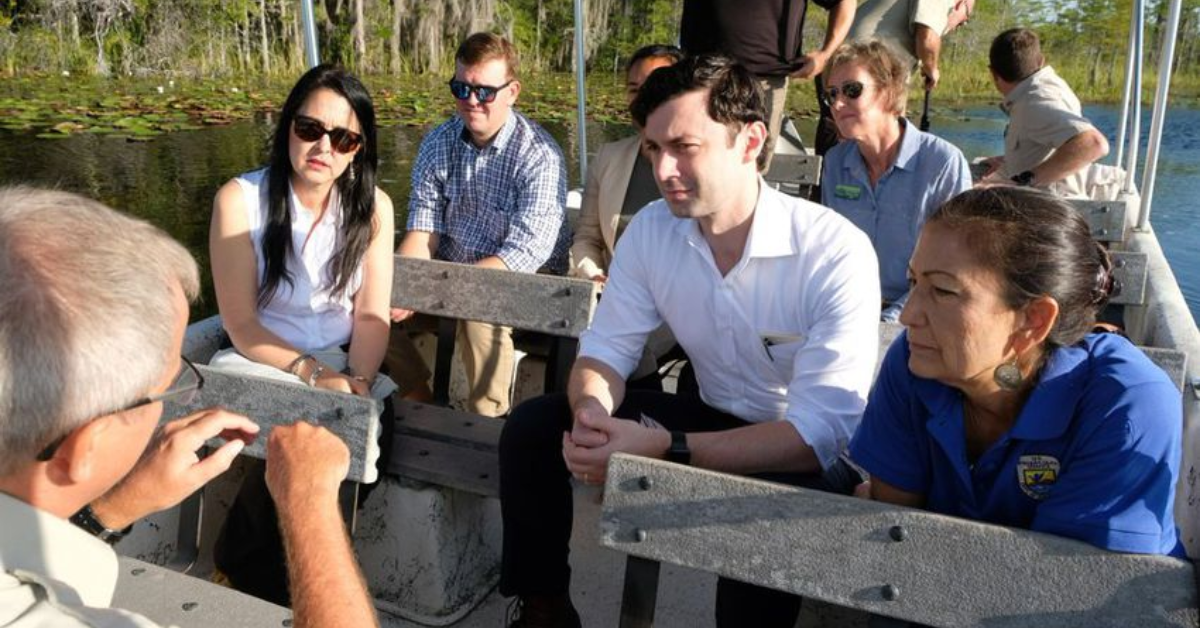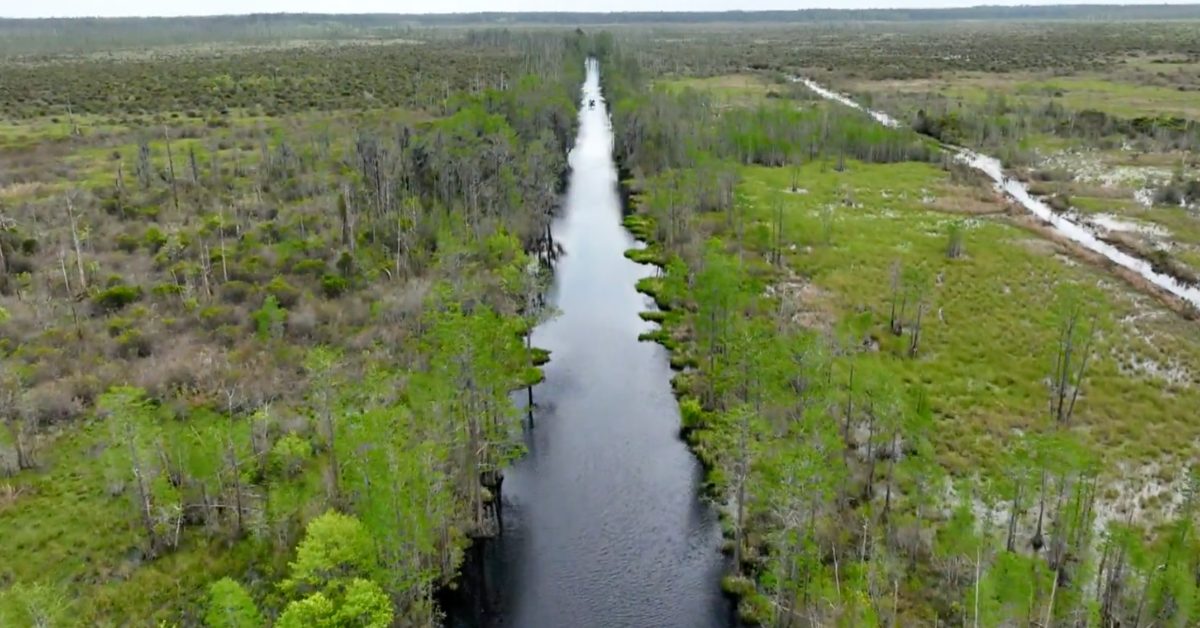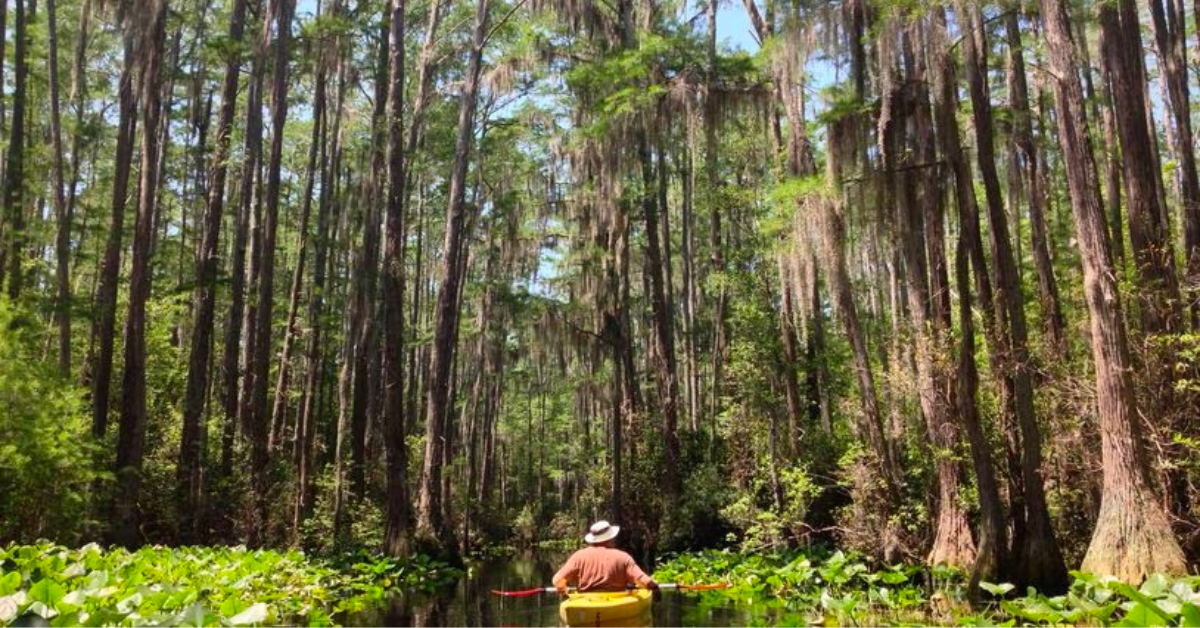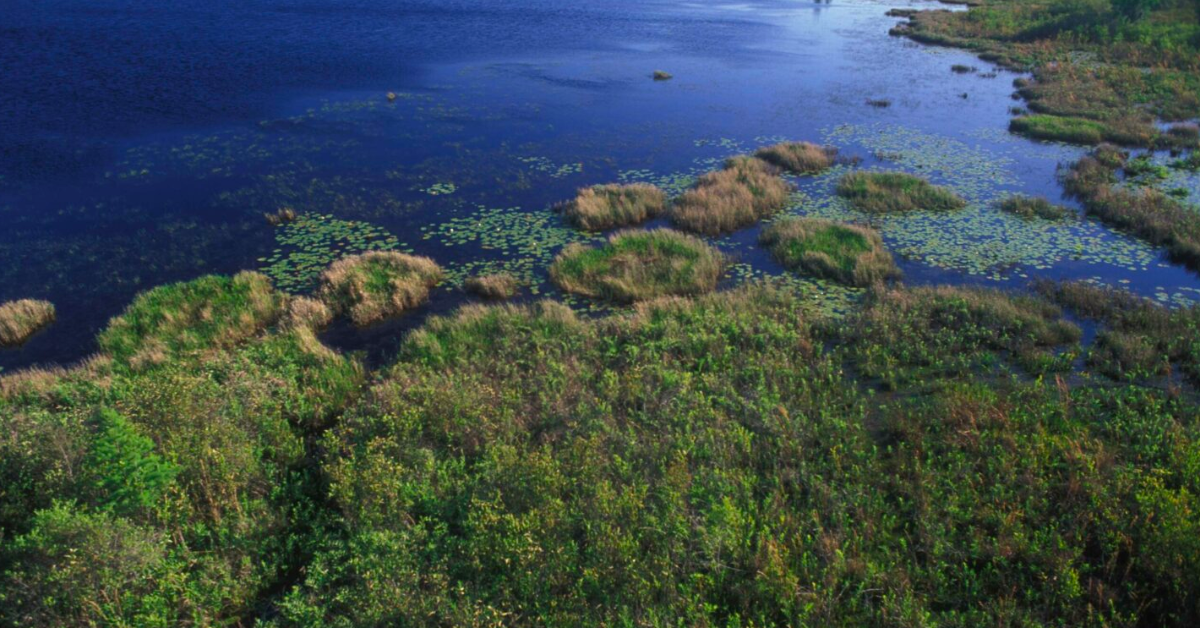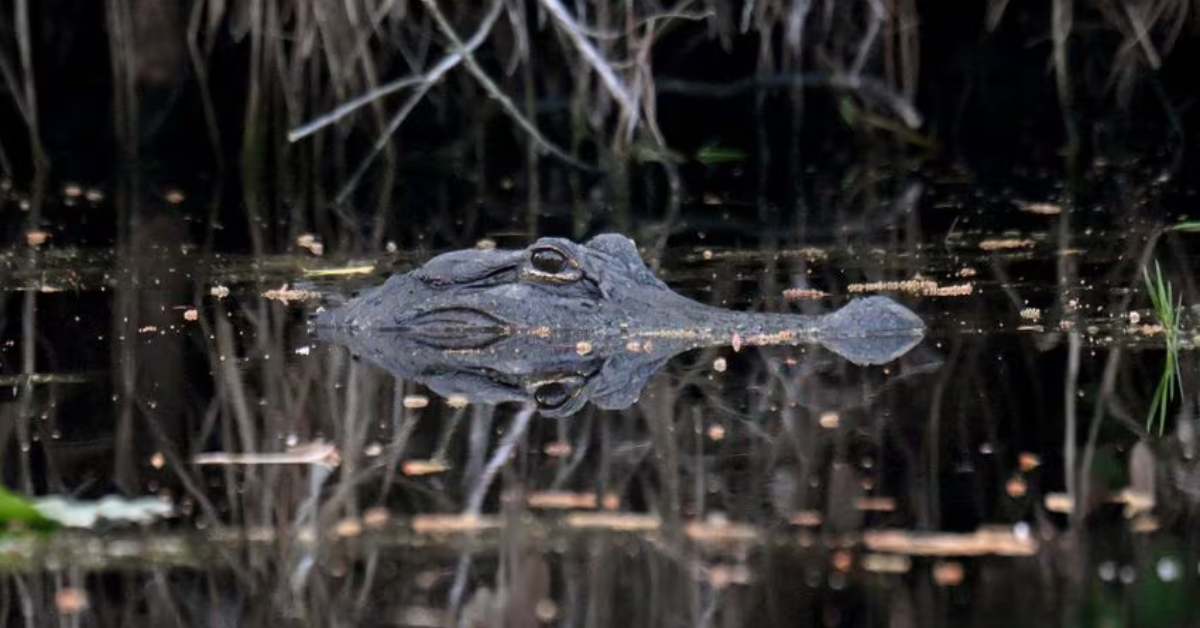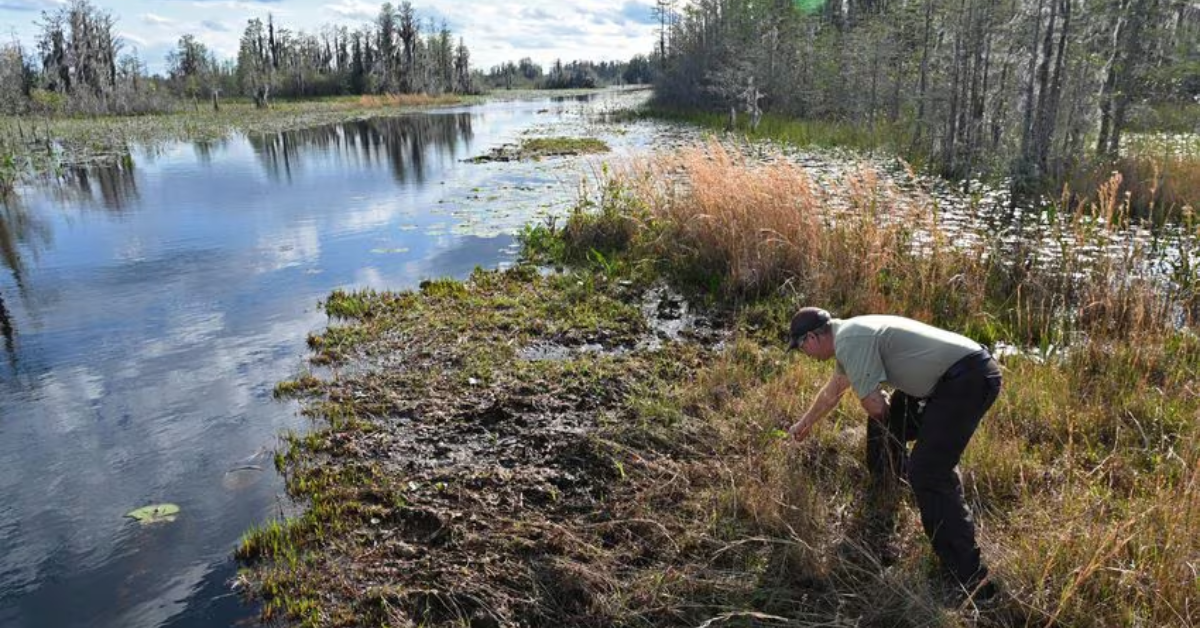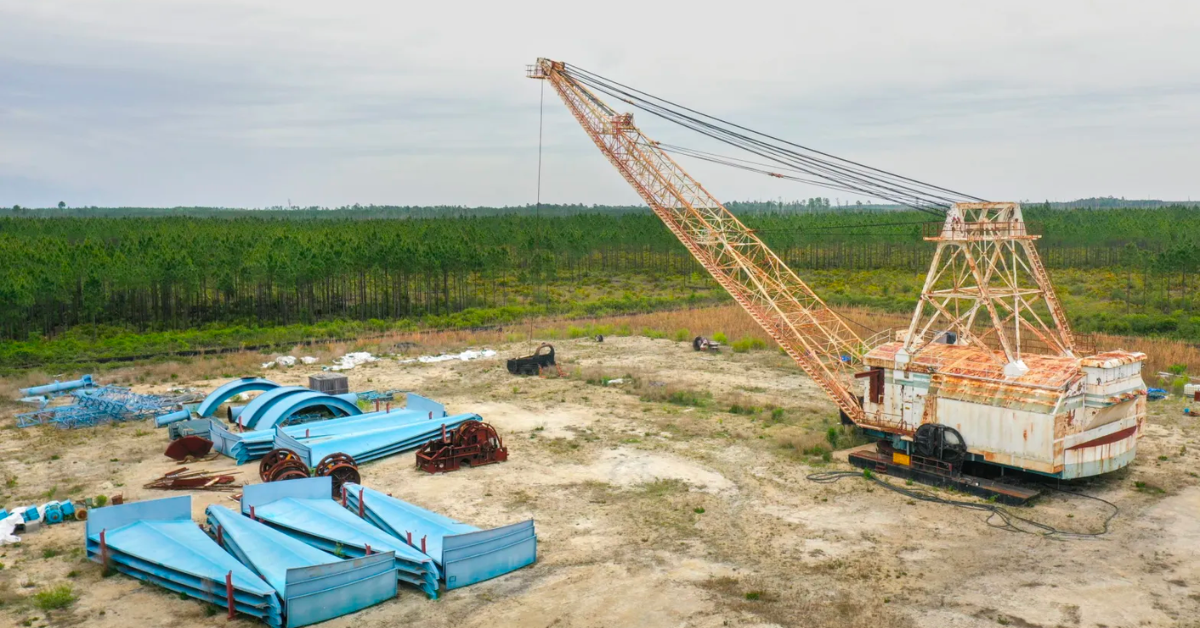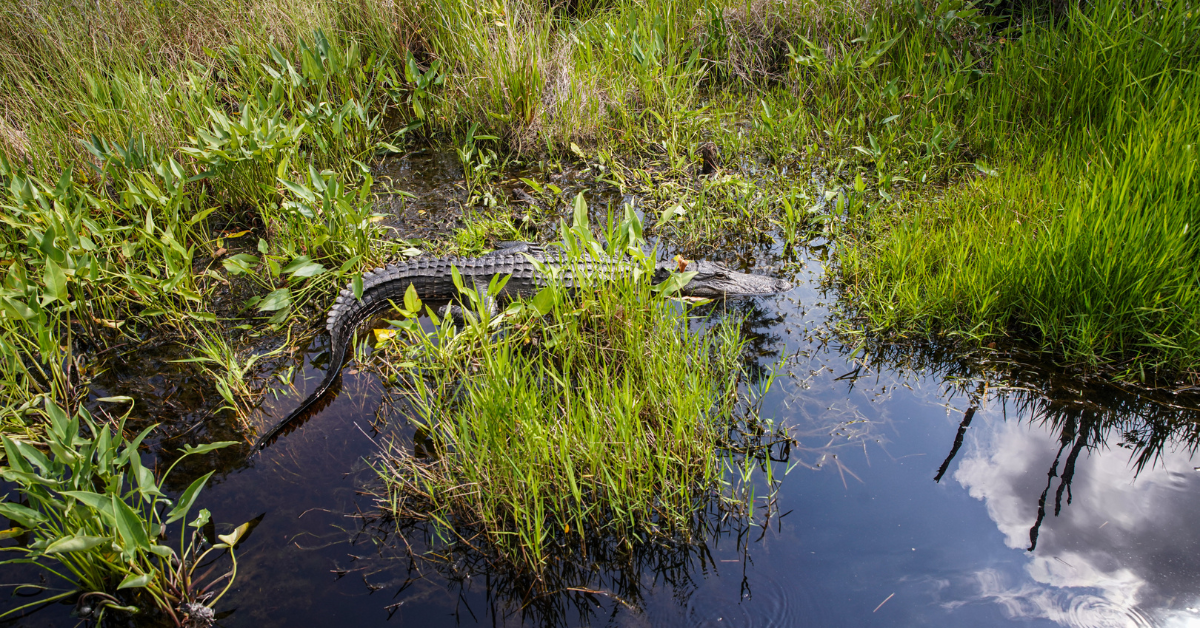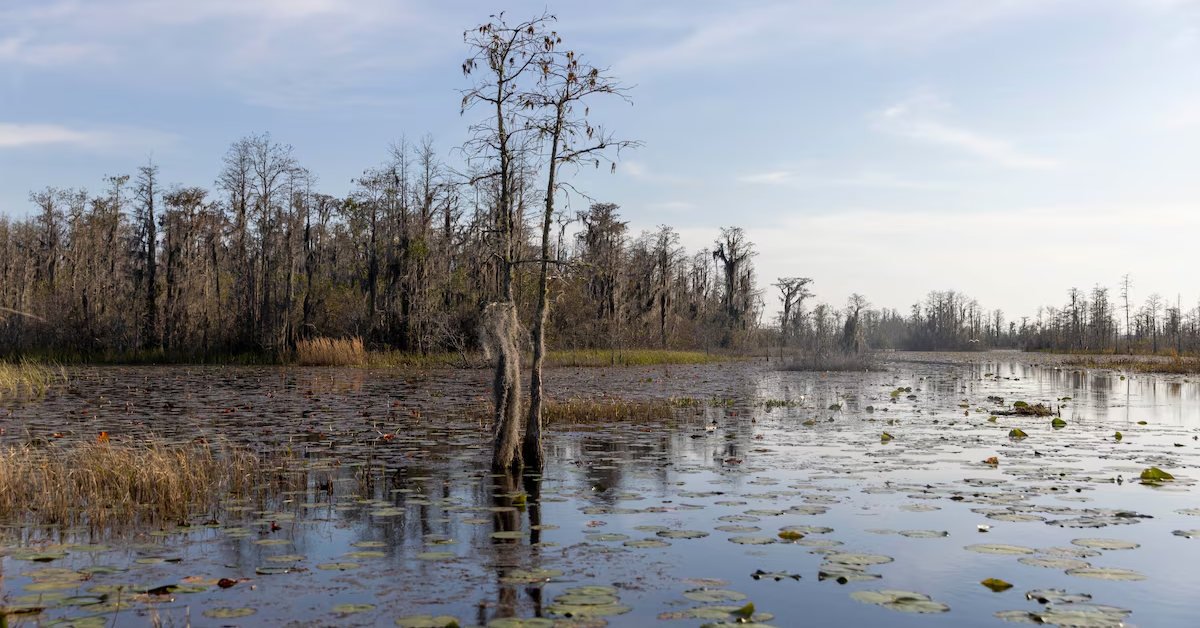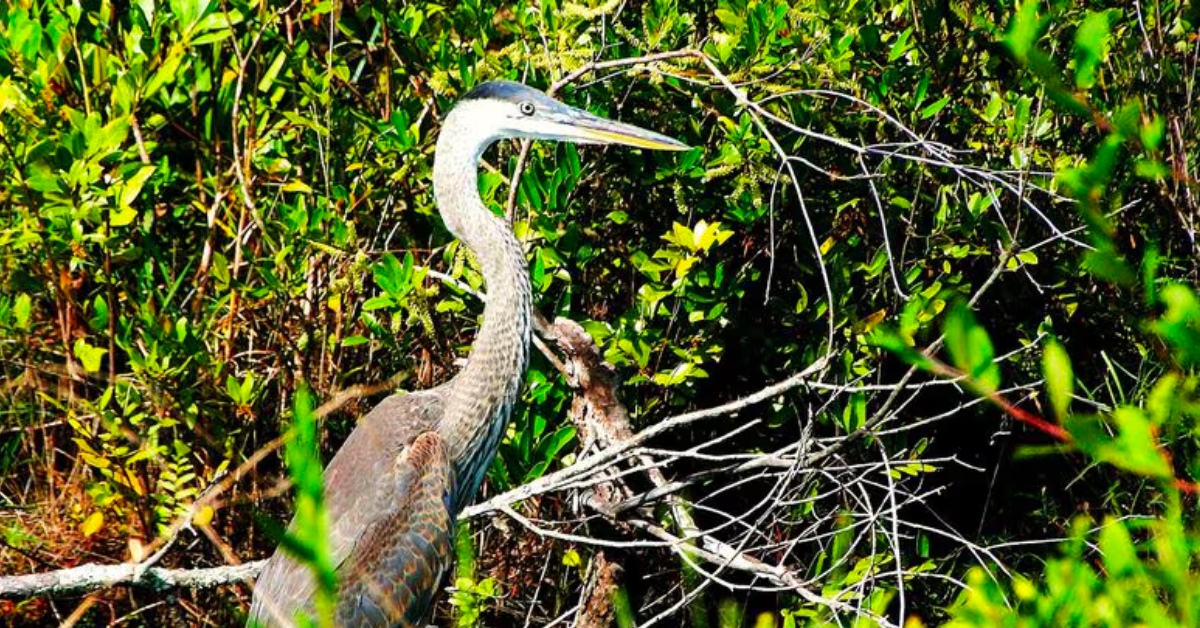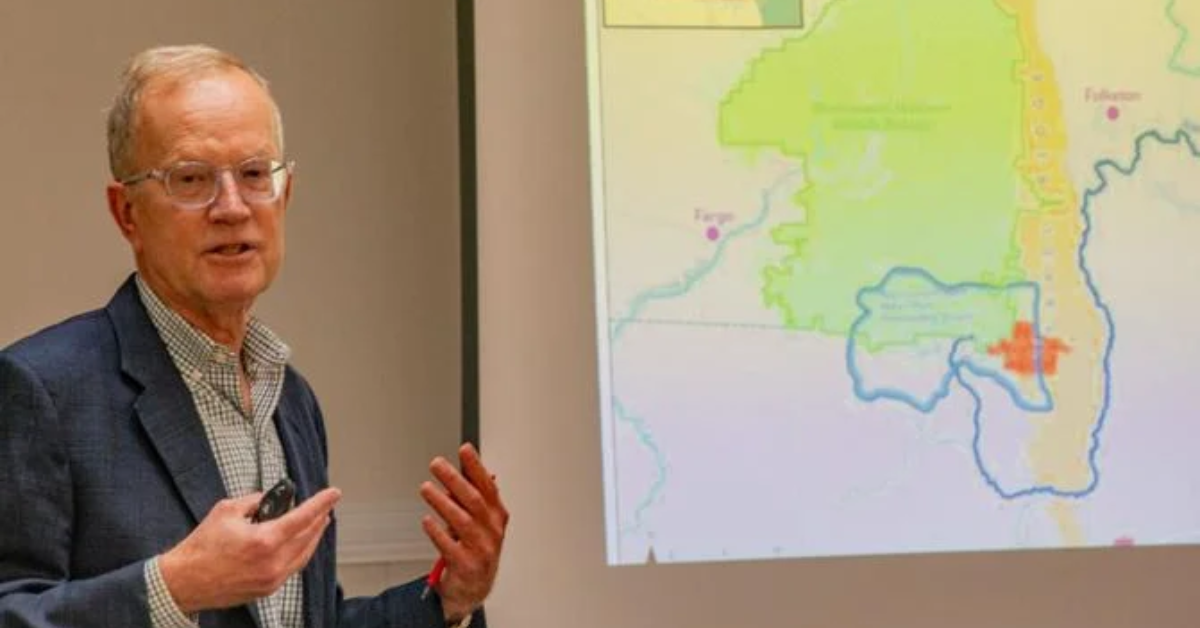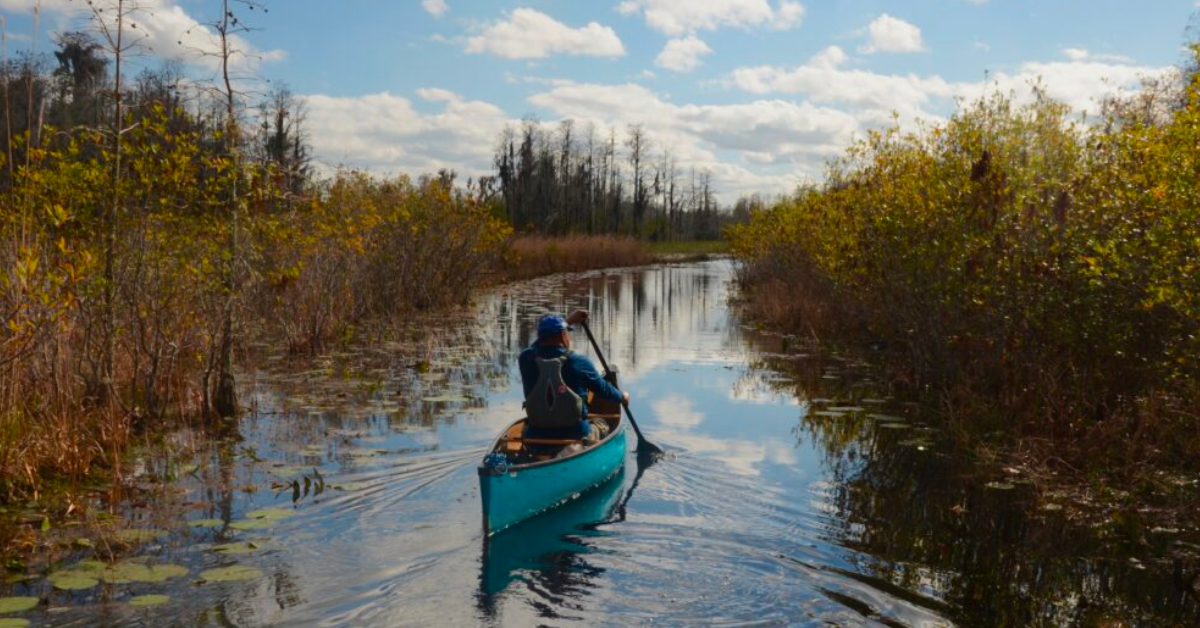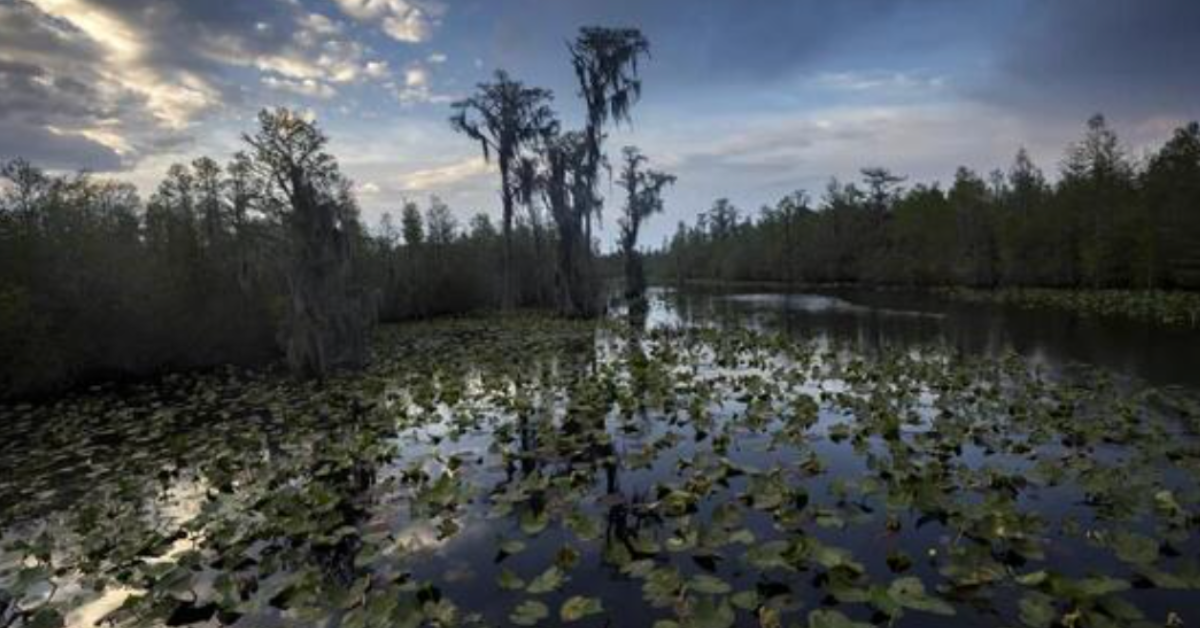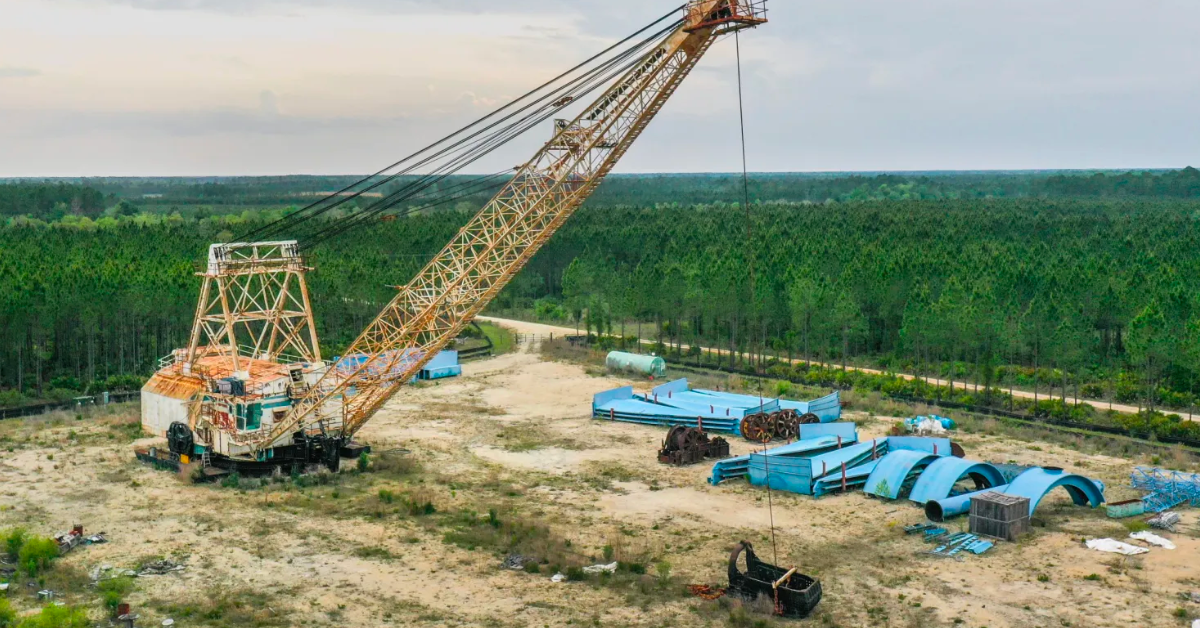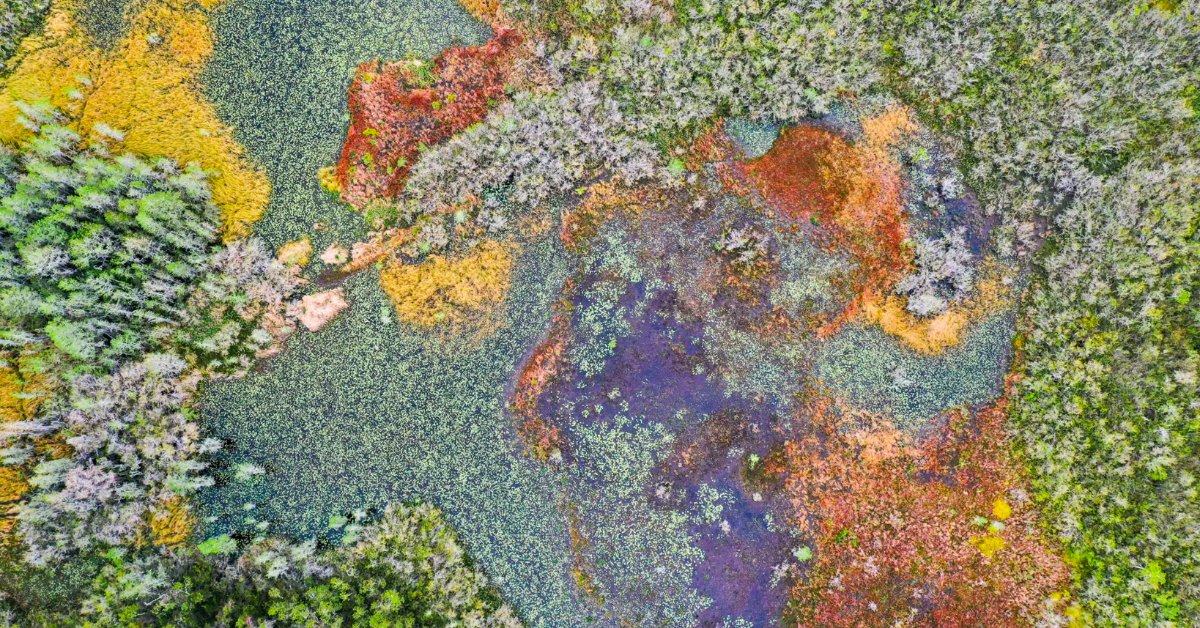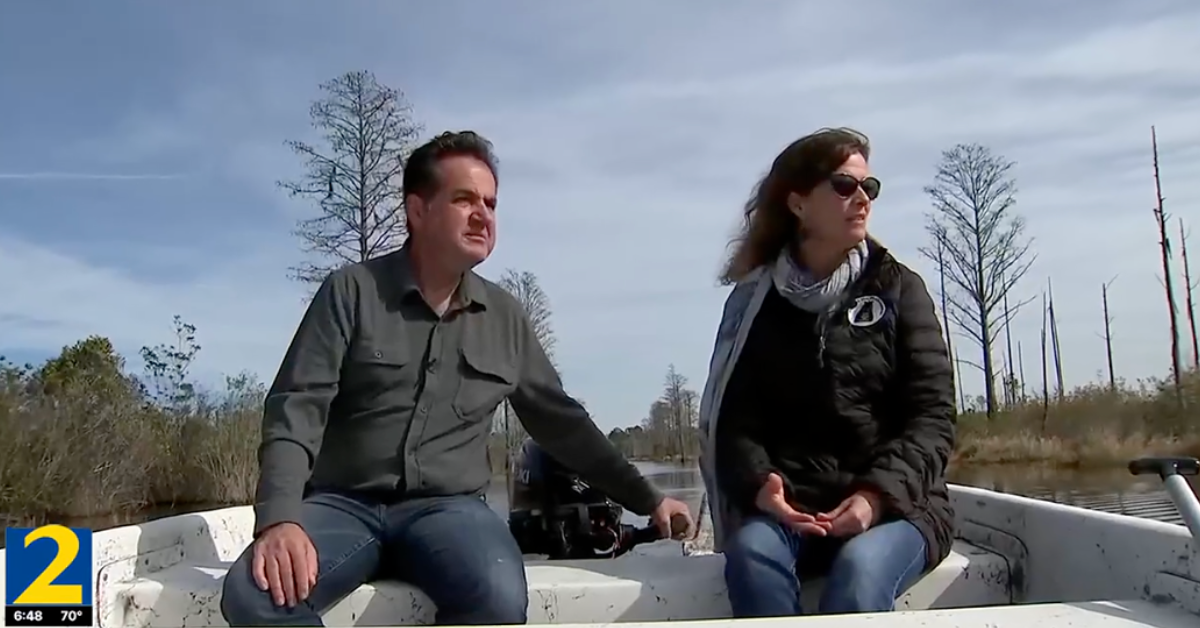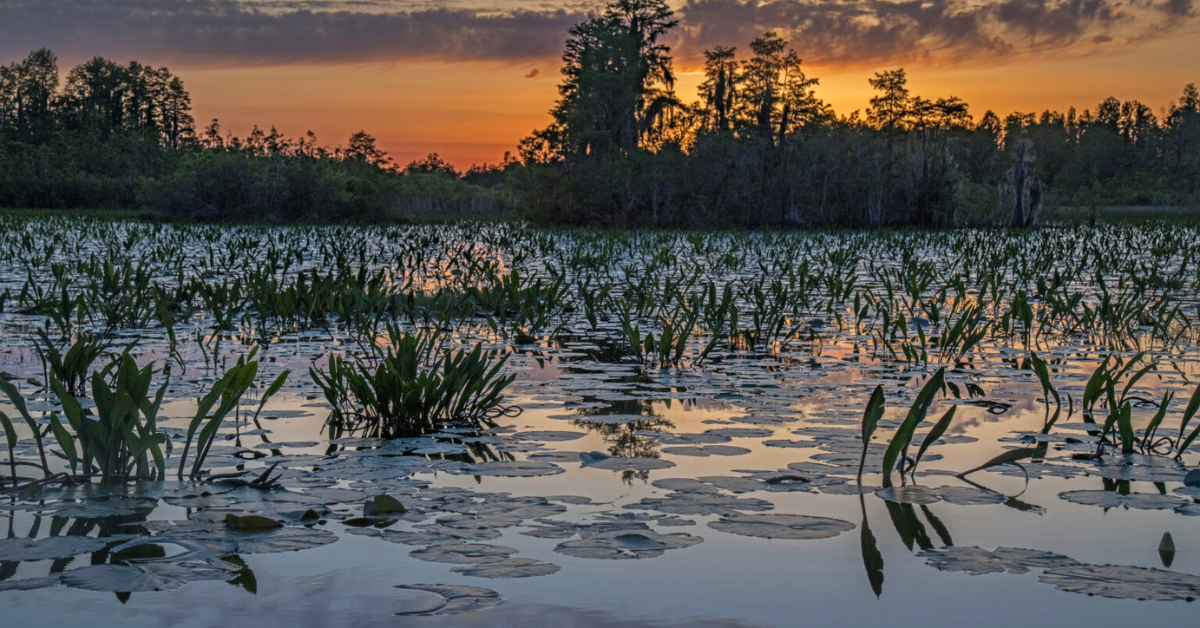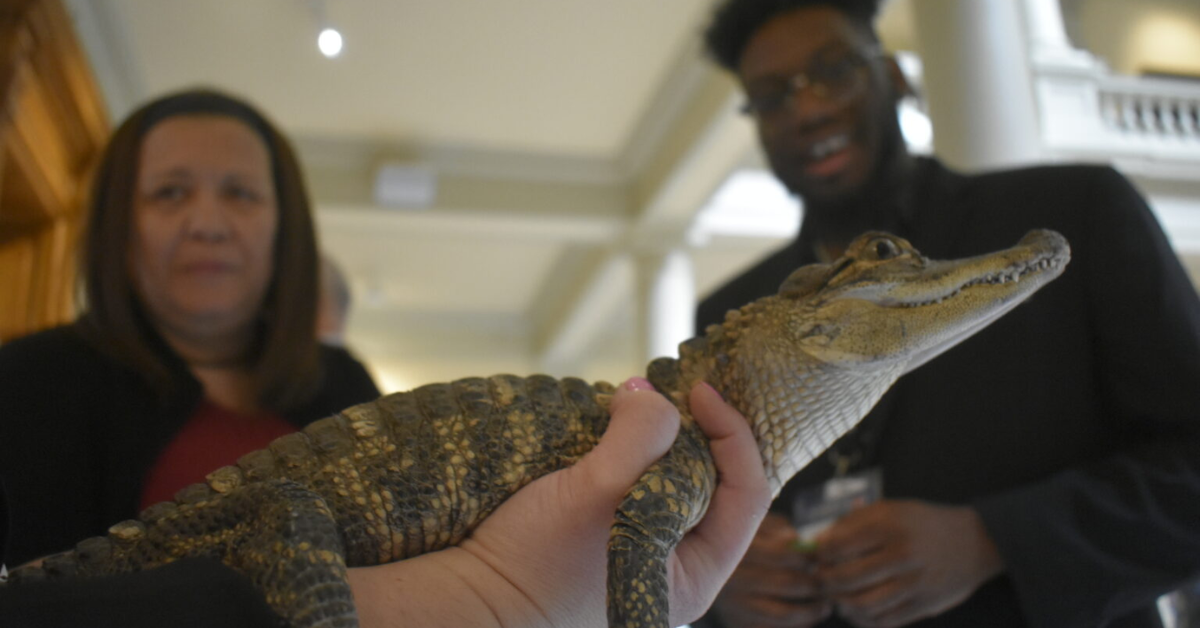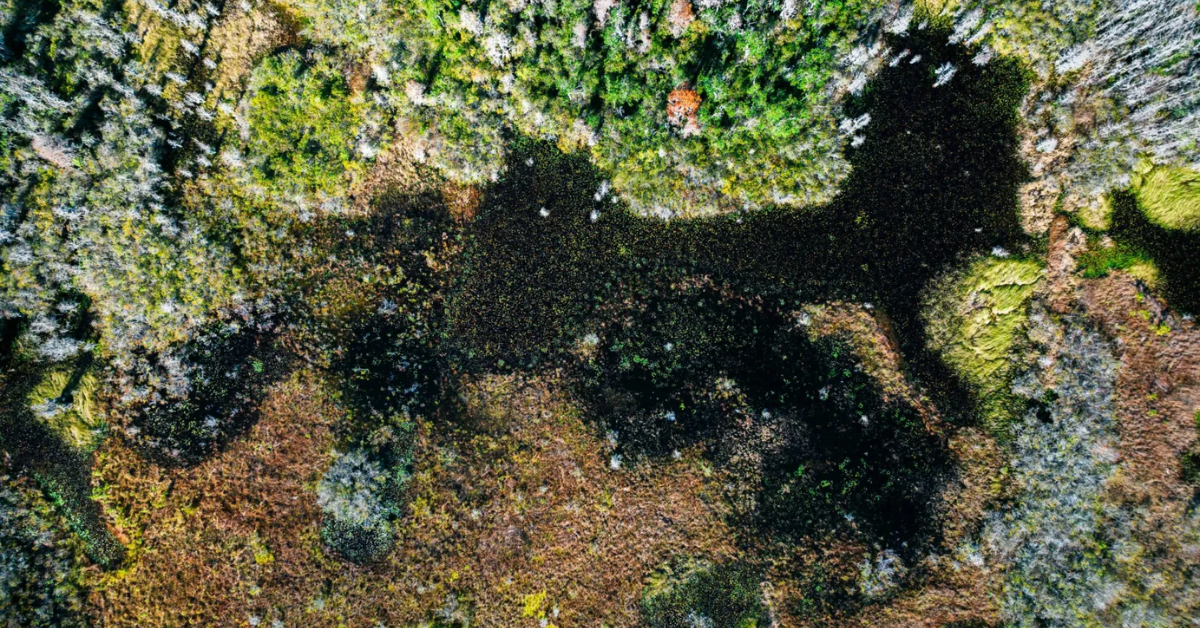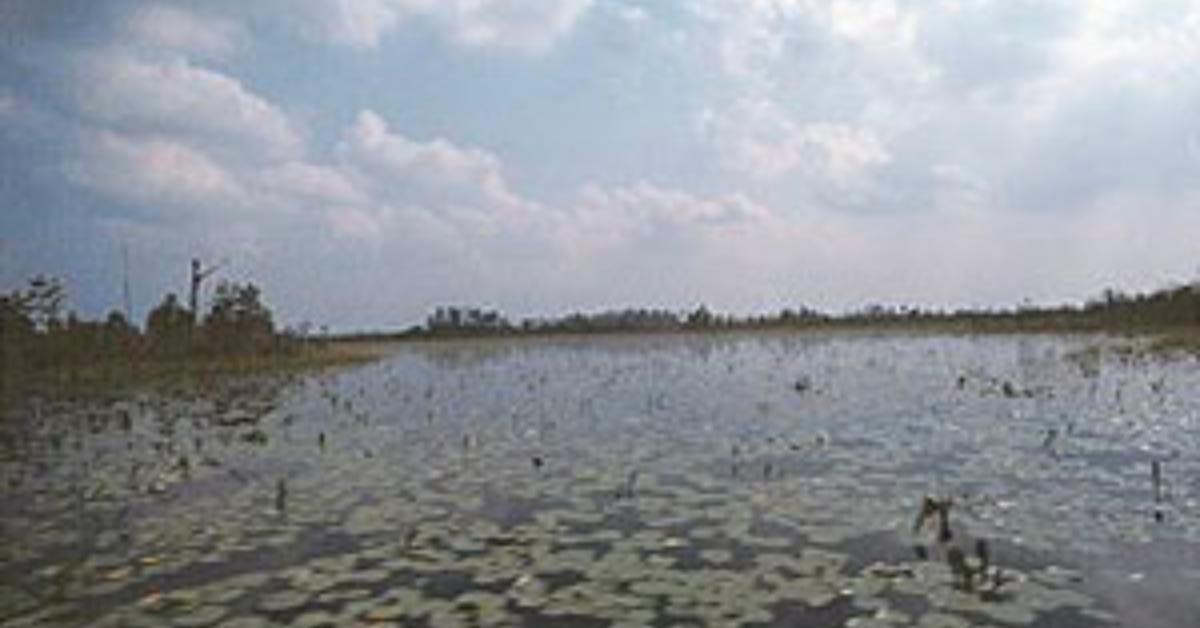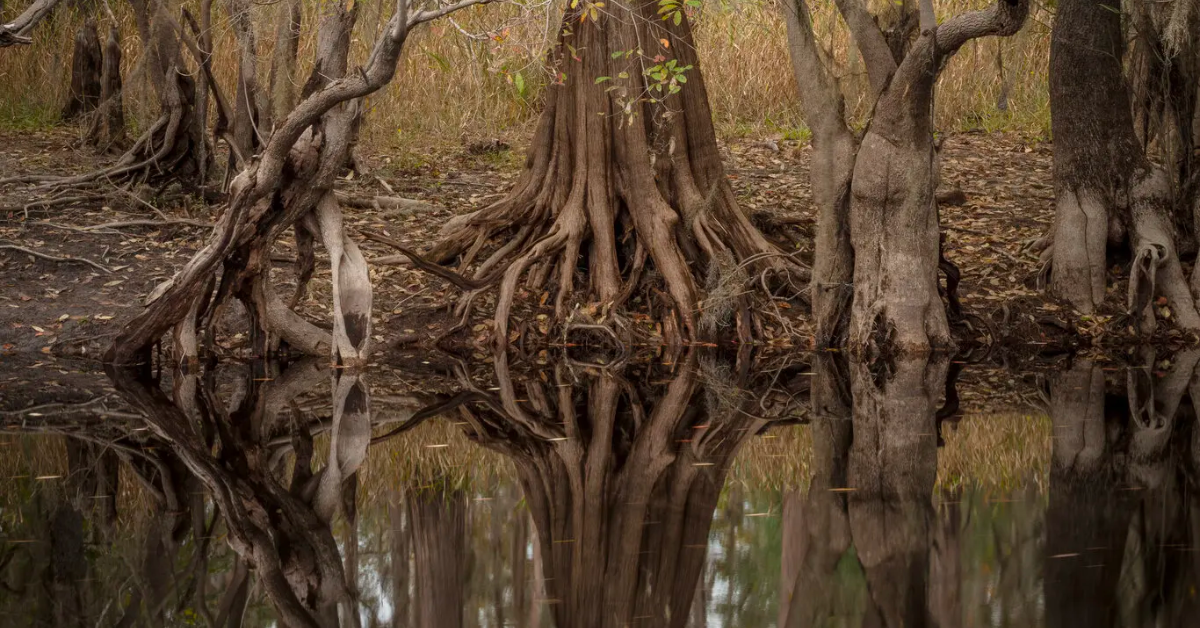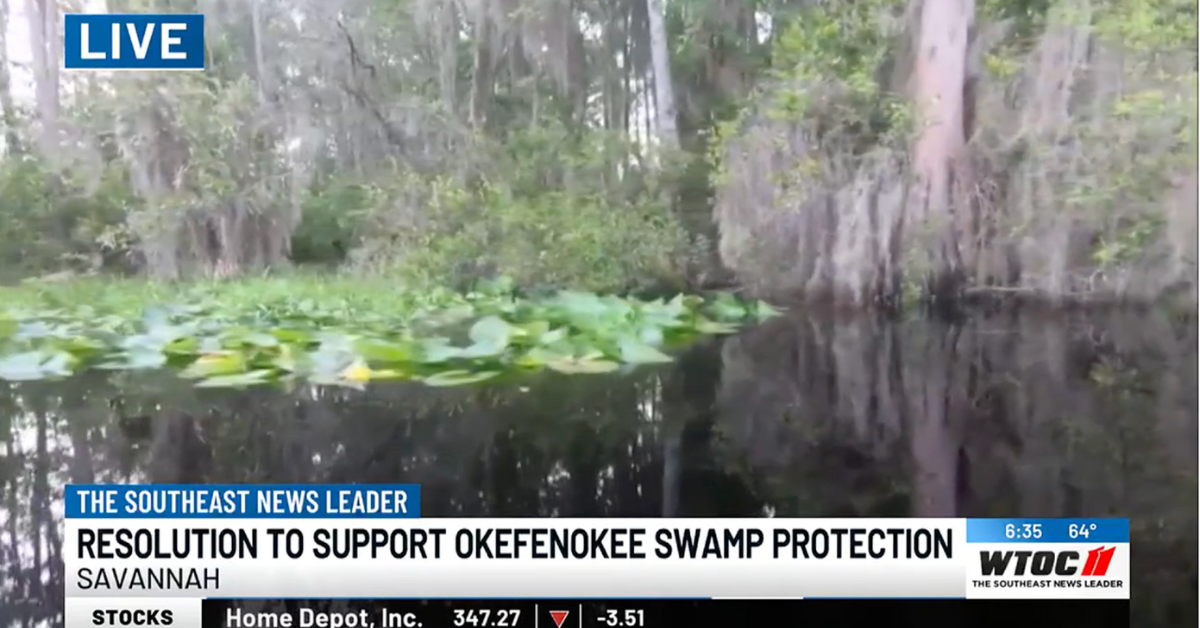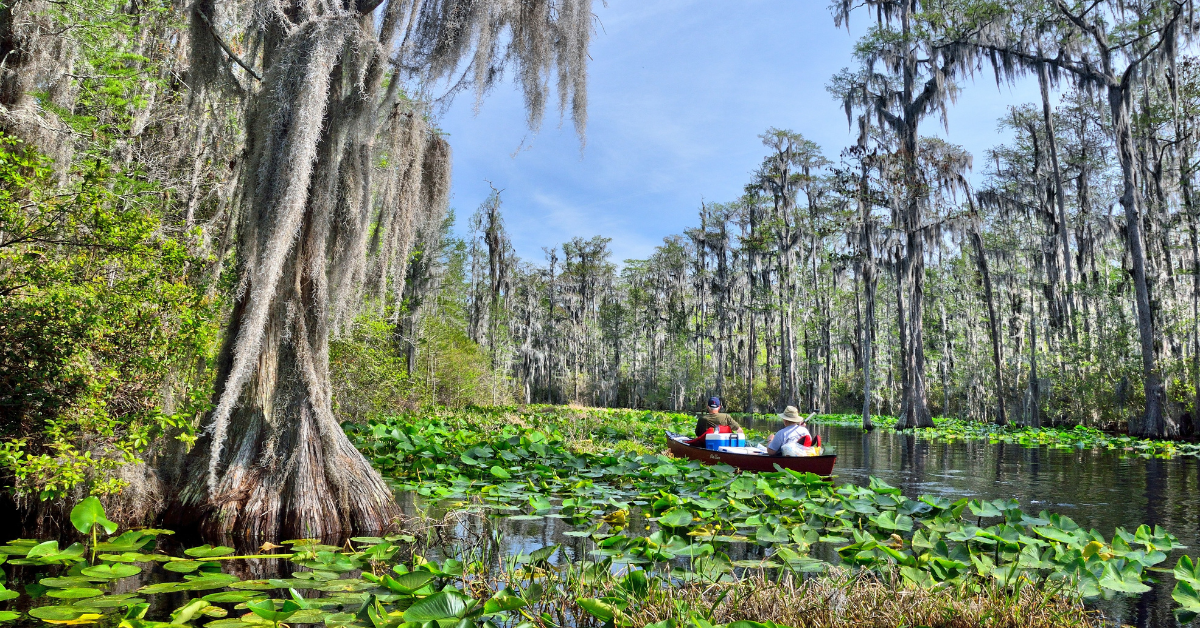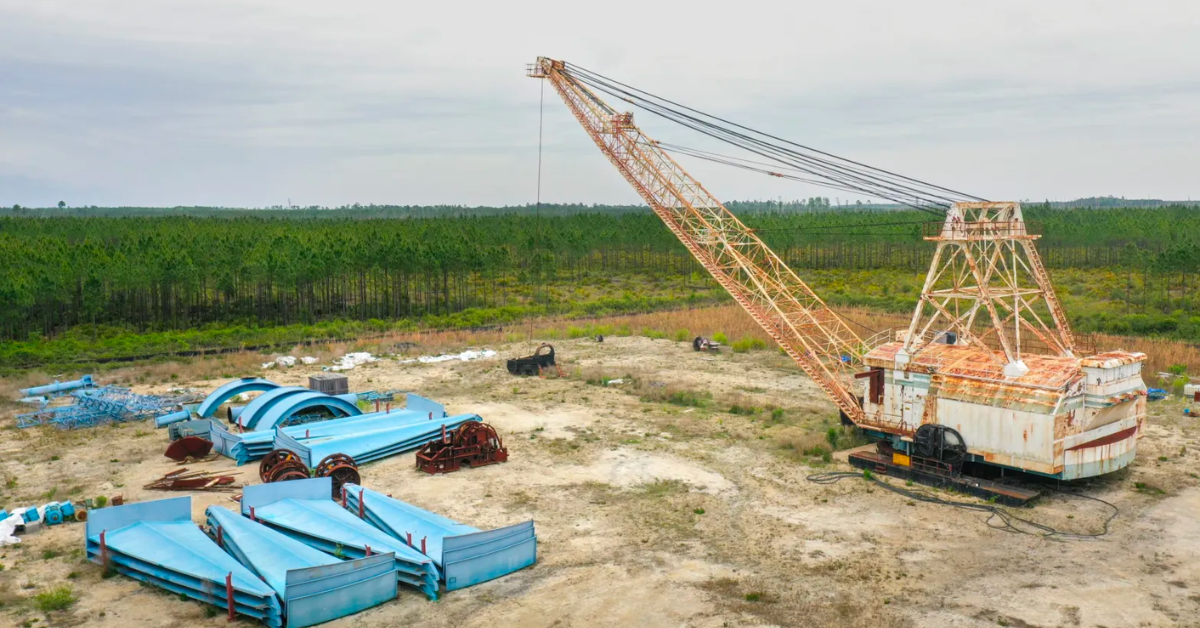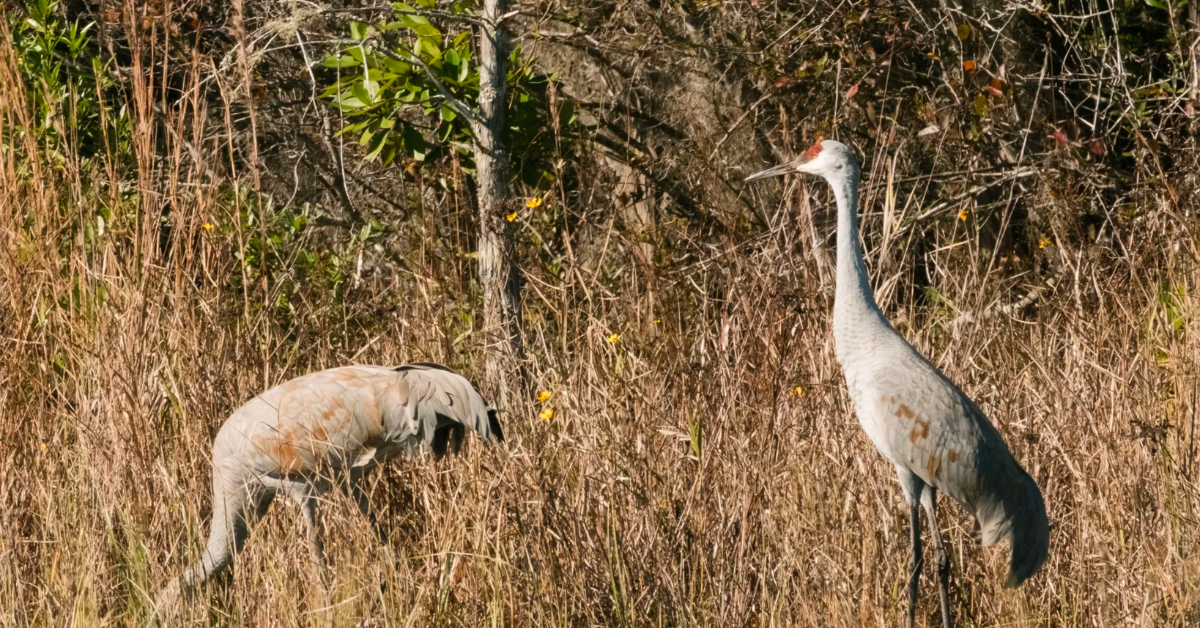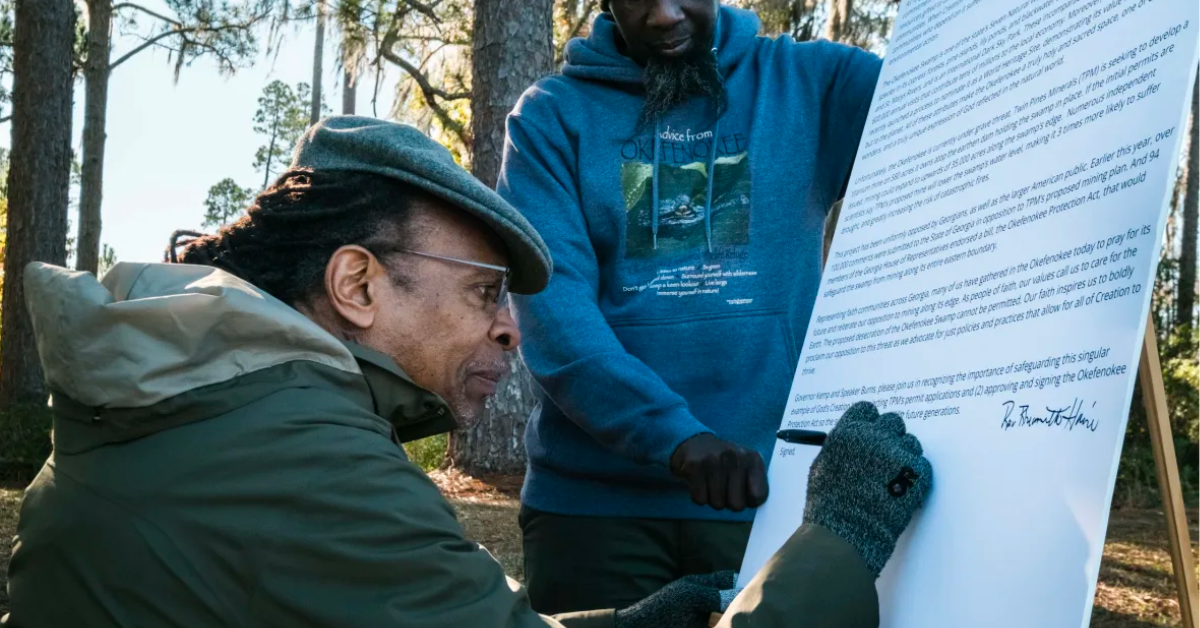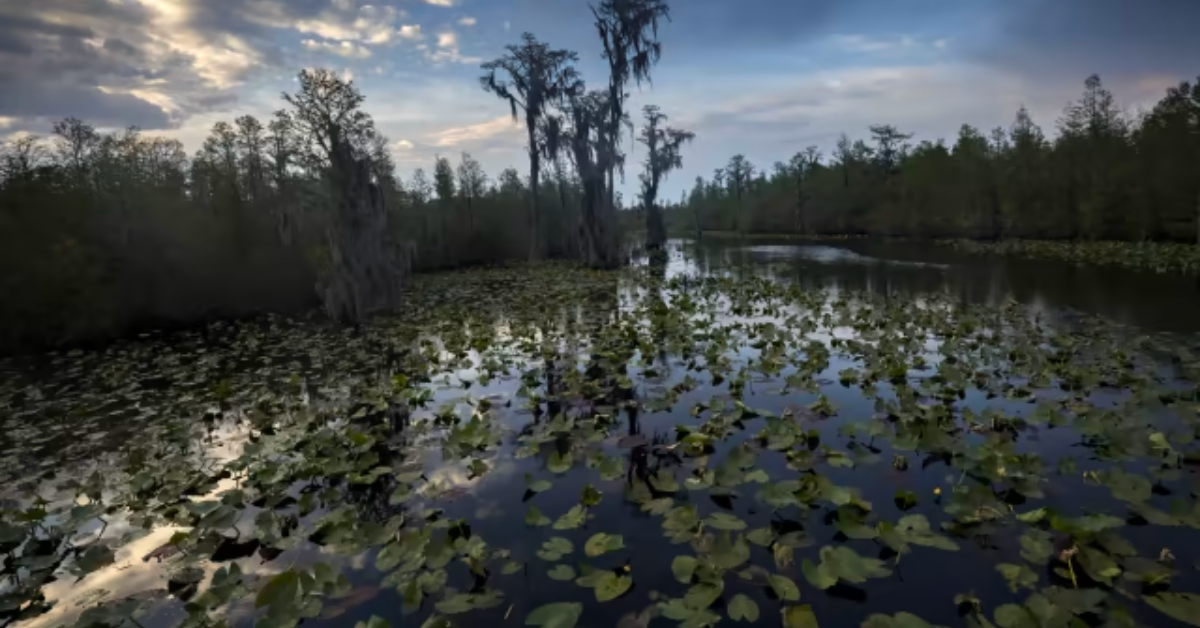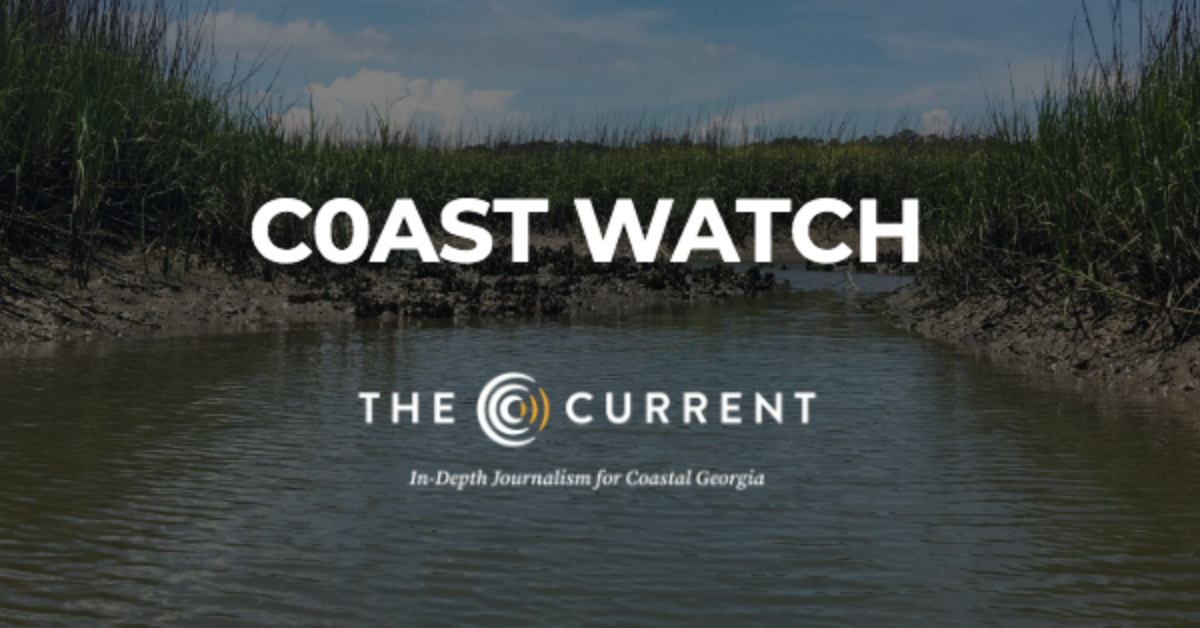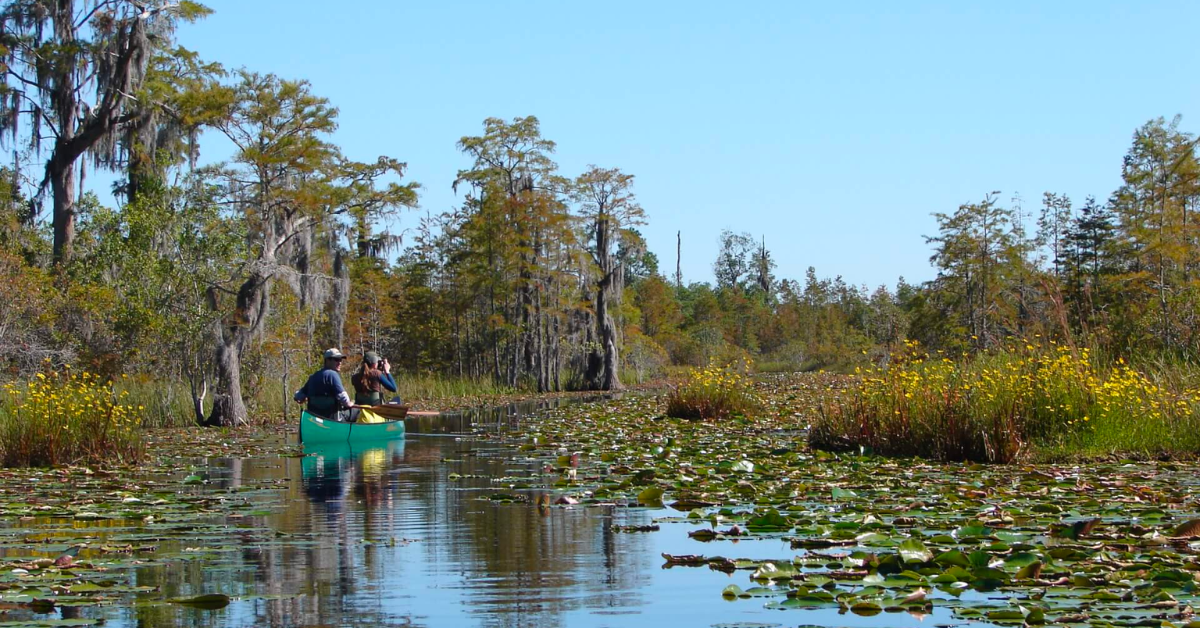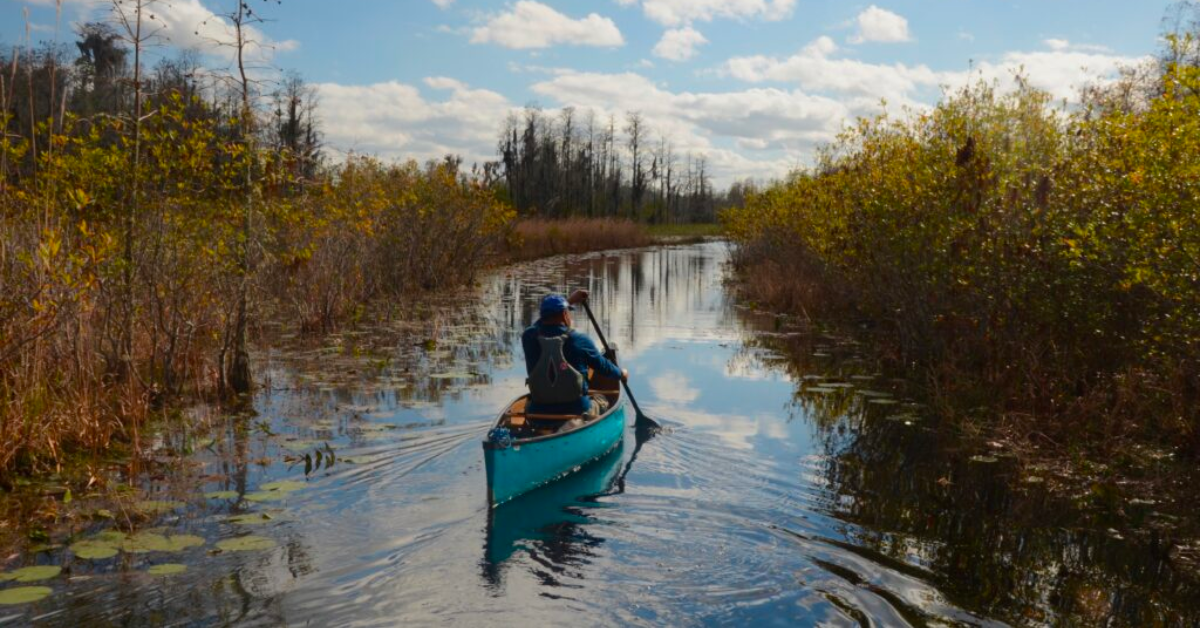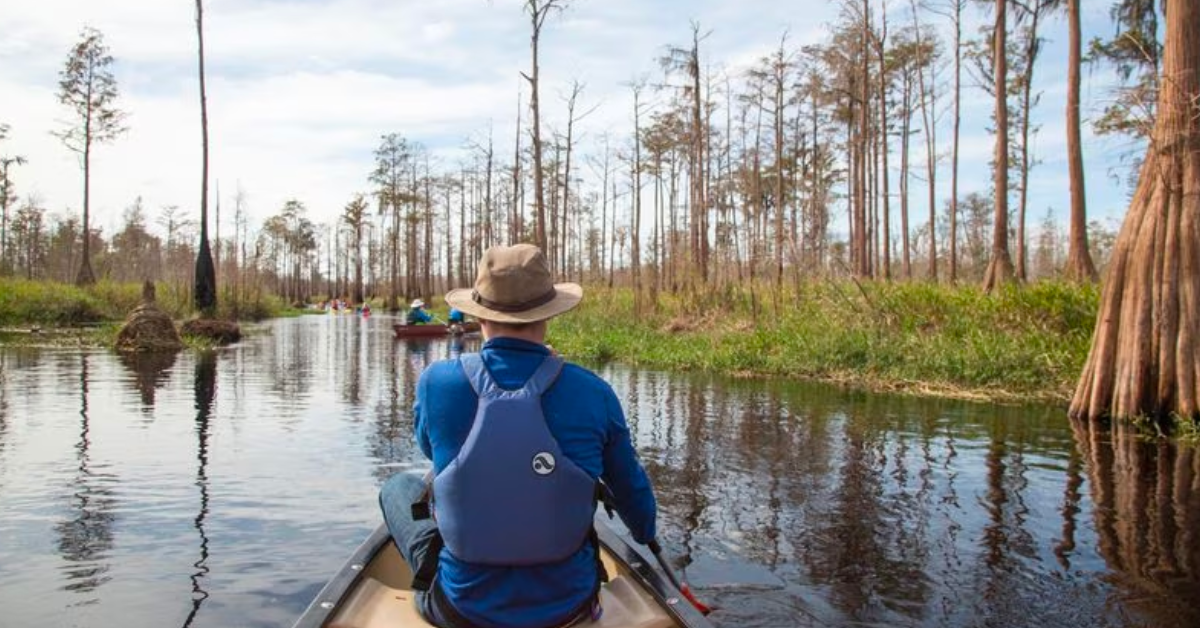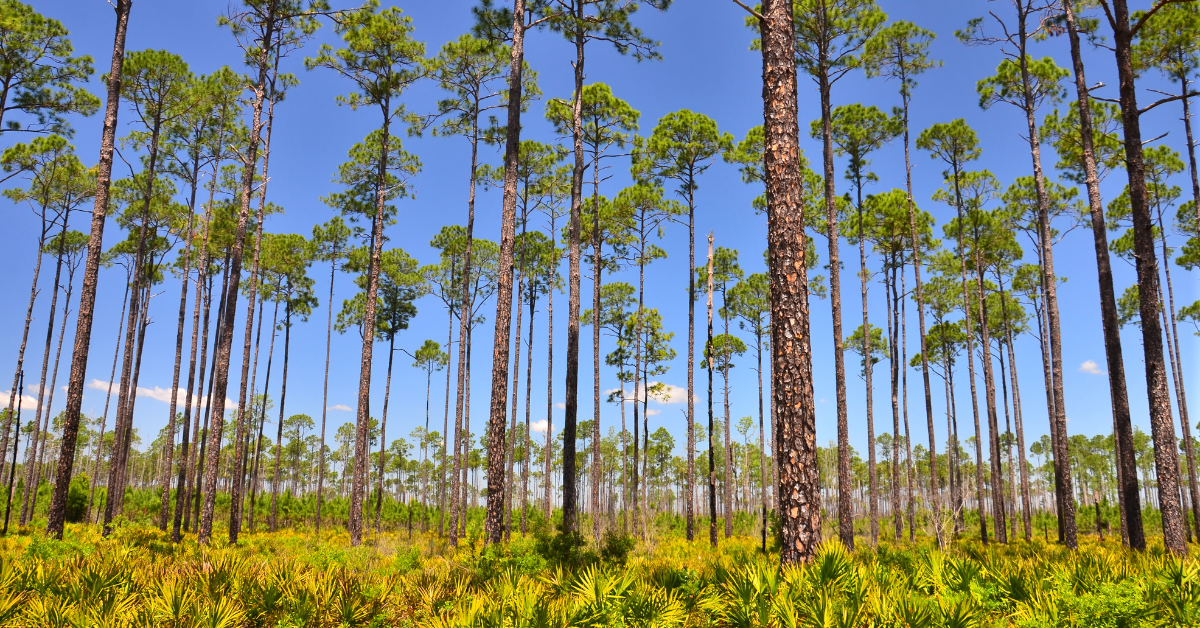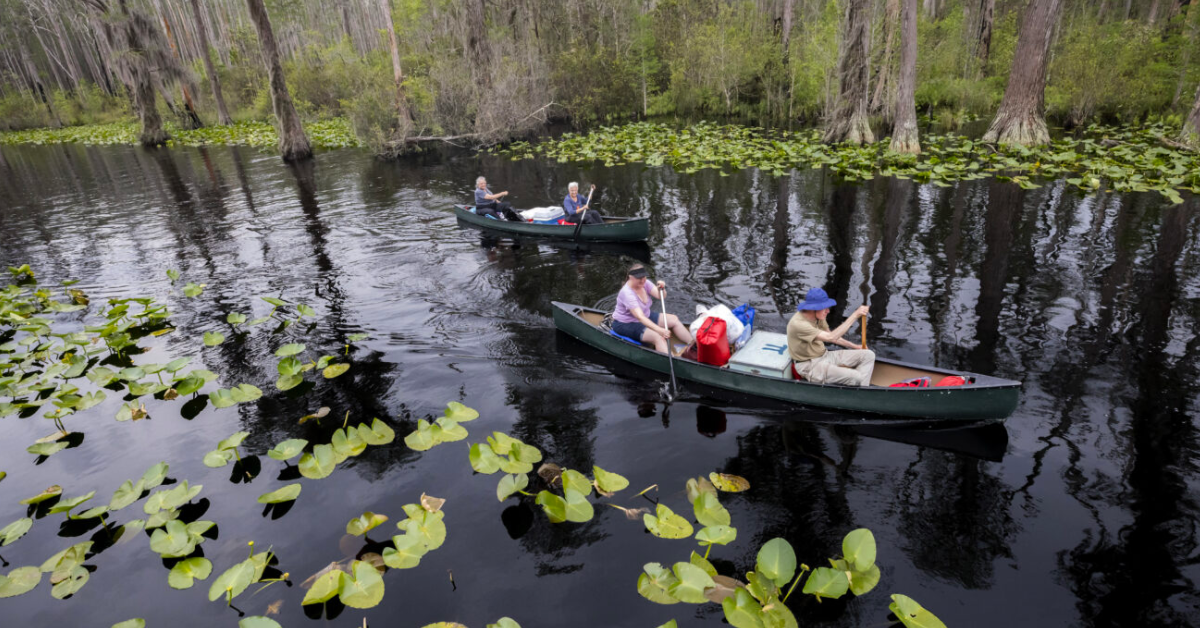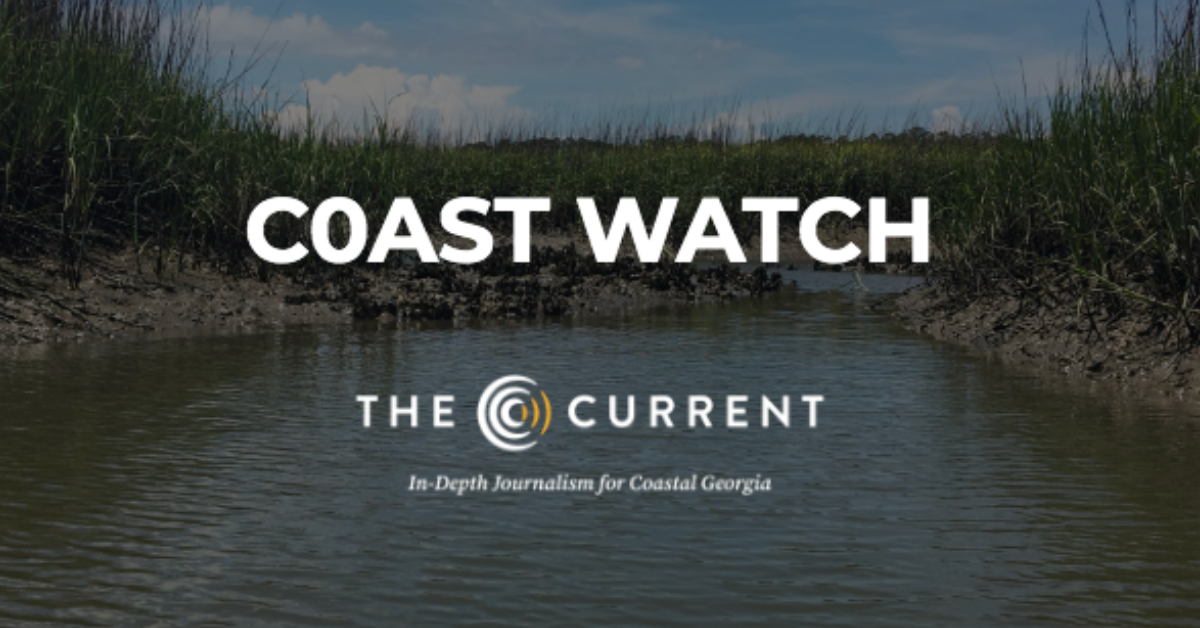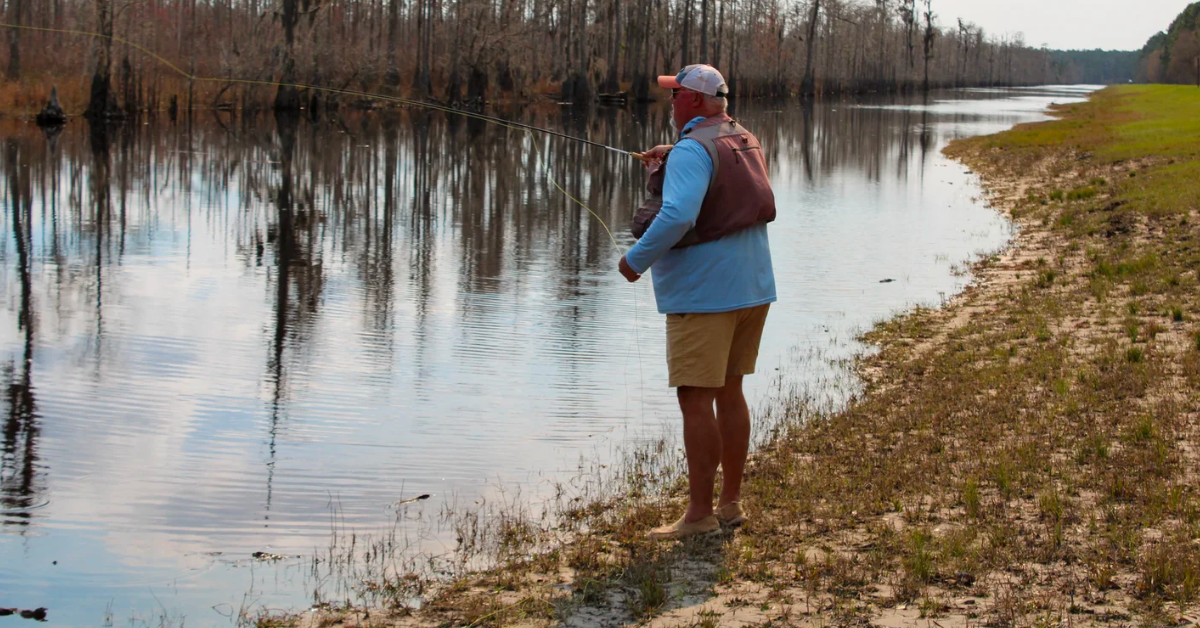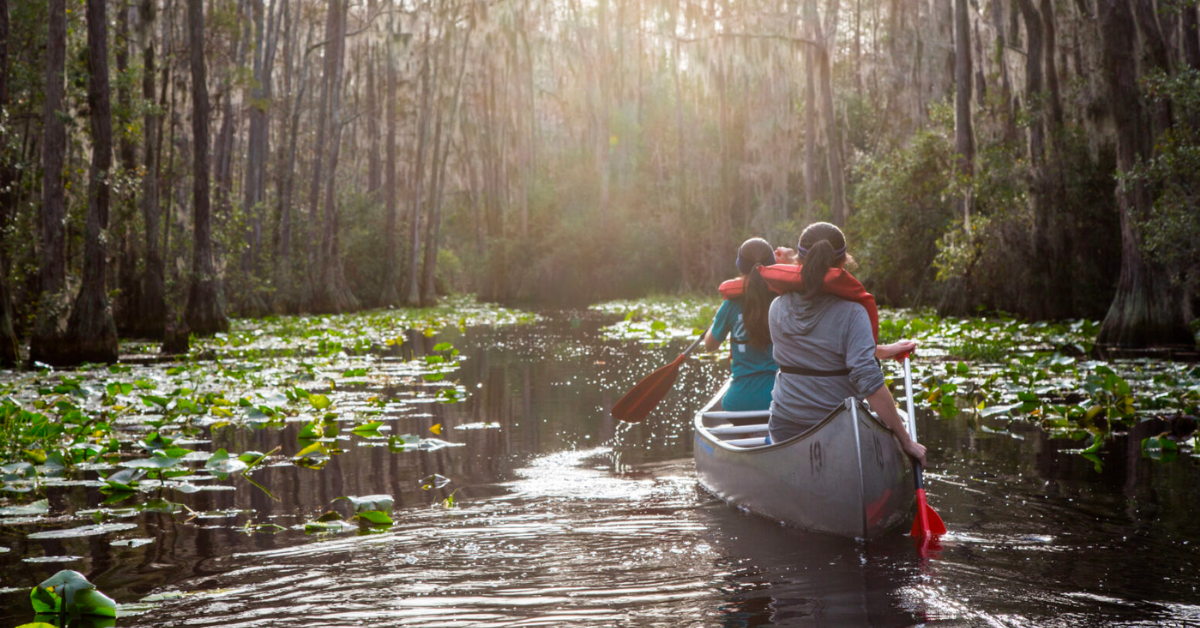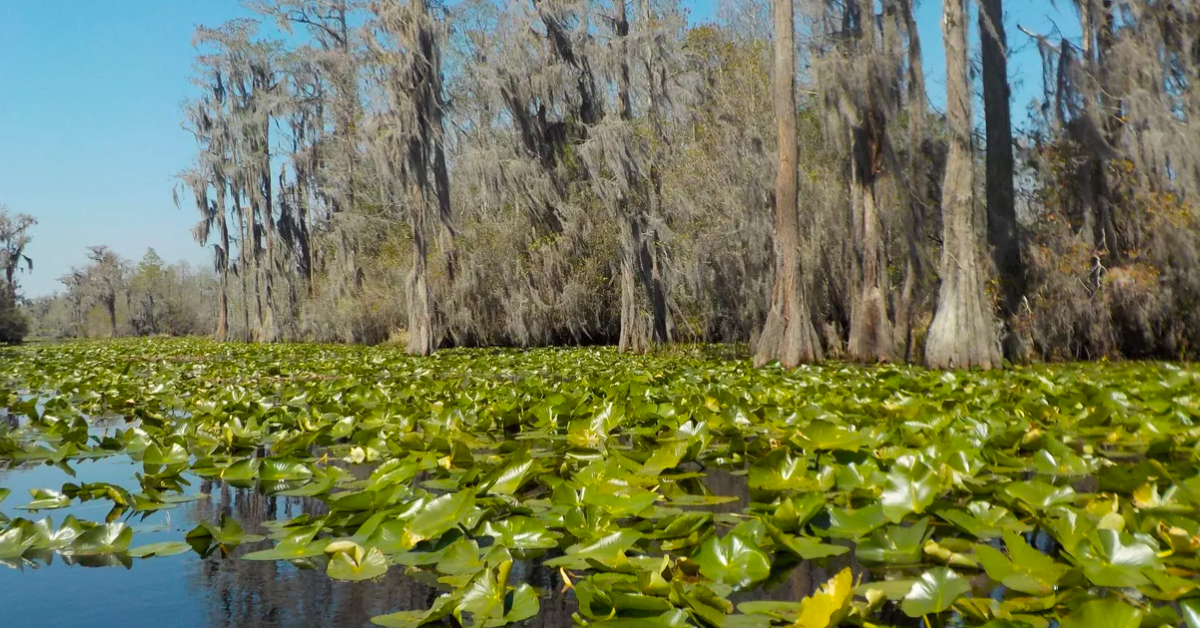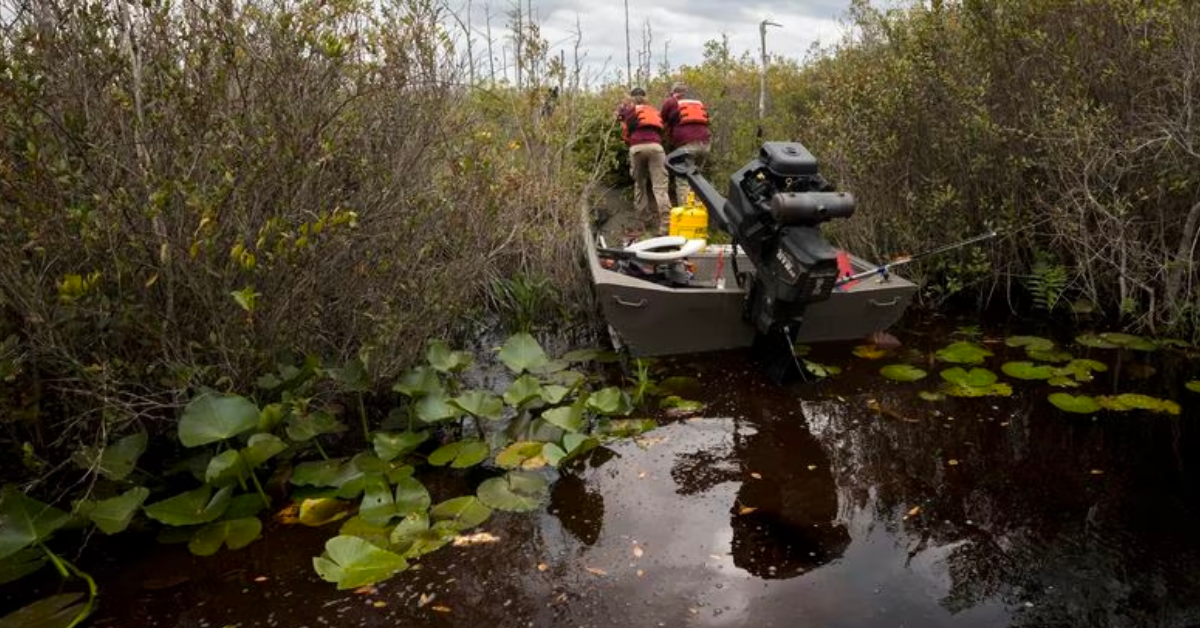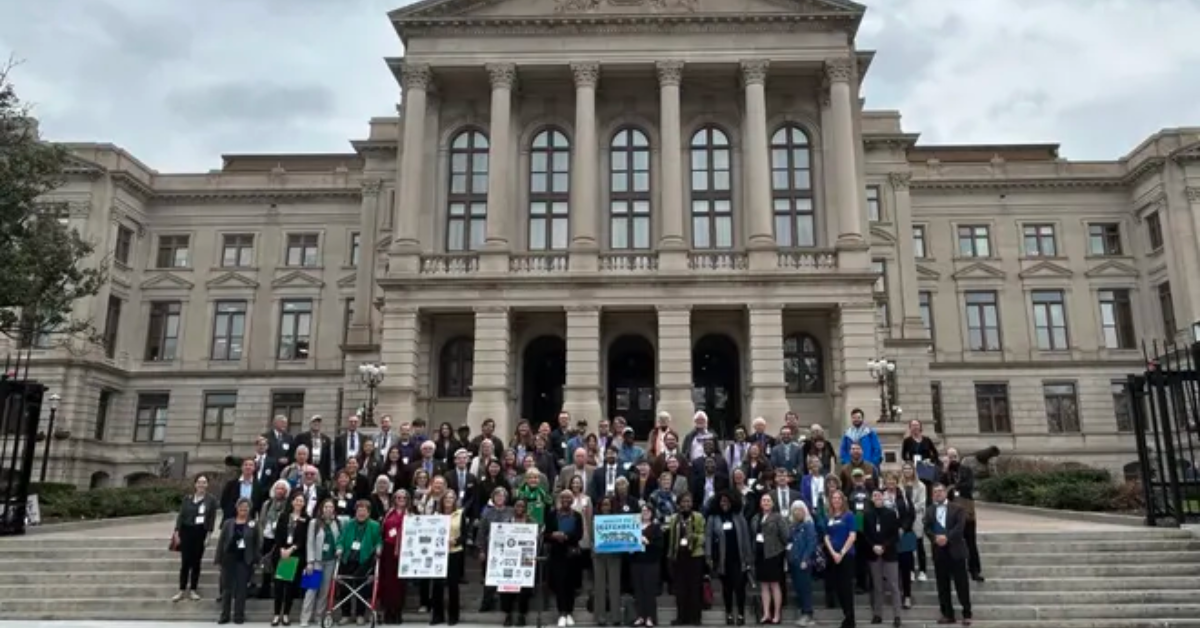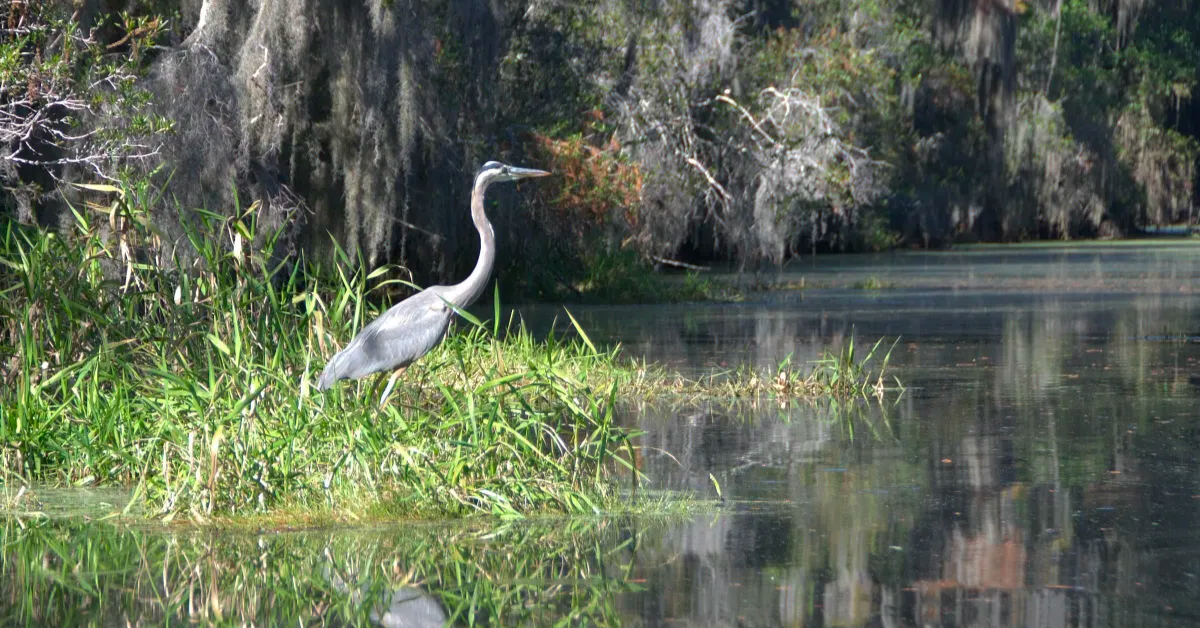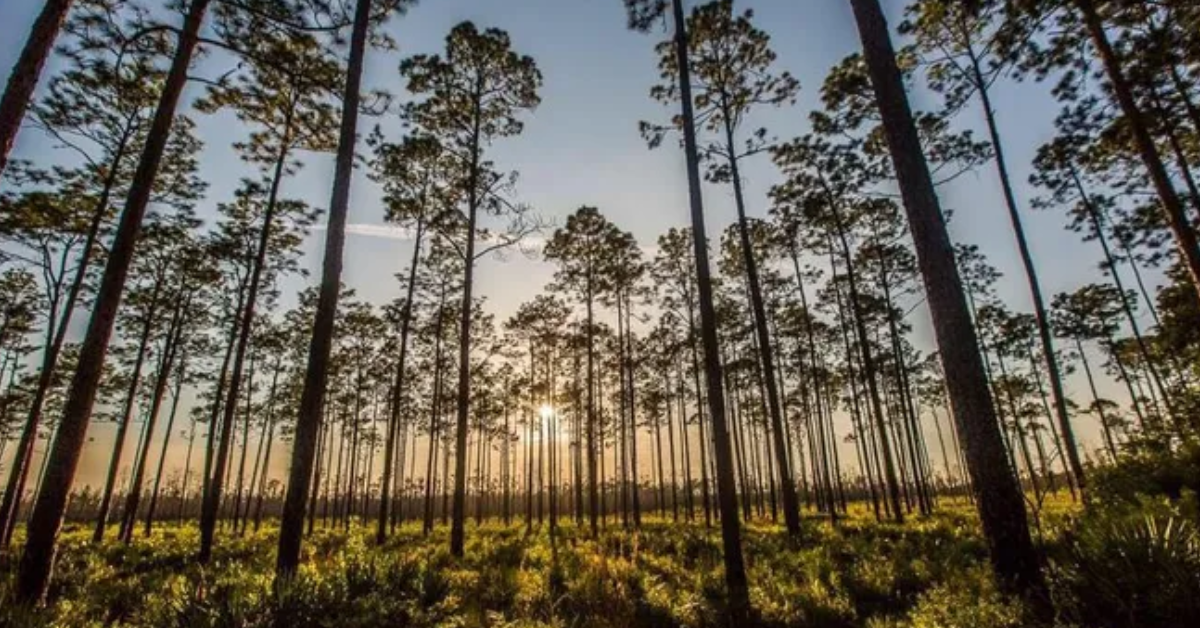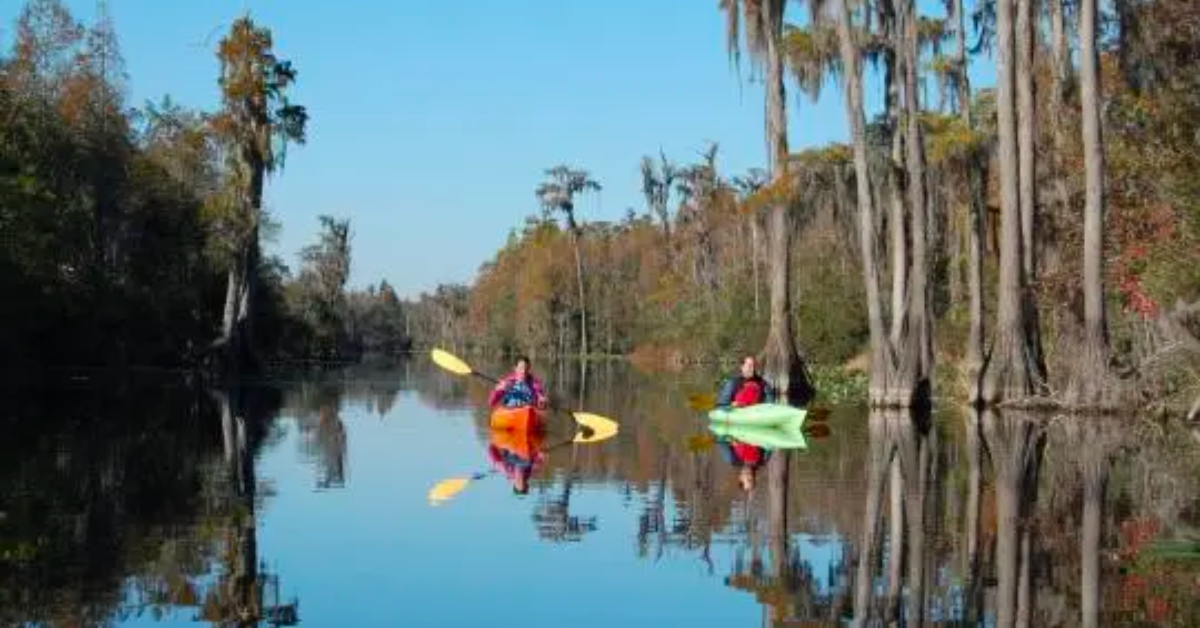Starting in 2020, a lengthy debate as to which government agencies have jurisdiction over permits affecting the Okefenokee Swamp greatly delayed the approval process for Twin Pines’ permit. The process involved the US Army Corps of Engineers and GA Environmental Protection Division, as well as a lawsuit from Twin Pines. Ultimately, the decision landed in the EPD’s lap.
In December 2022, EPD released Twin Pines’ draft mining land use plan for public comment. Over 170,000 comments would be sent to the EPD, the majority speaking against approving Twin Pines’ mining proposal.
Twin Pines’ hydrologic assessment to determine the proposed mine’s impacts on the swamp’s water systems included a mitigation plan. However, it contained several deficiencies, arguably doing nothing to prevent the loss of nearly all wetland habitat currently existing in the mining area.
Hydrologists and scientists warn that mining sands along Trail Ridge would increase the likelihood of drought and wildfires, affecting habitats in the swamp and St. Marys River. Additionally, they argue that the EPD’s current assessment of the mine’s impact is based on an inappropriate gage and therefore inaccurately claims little to no affect on the swamp’s hydrology.
In February 2024, EPD released draft permits (Air Quality, Use of Groundwater, and Surface Mining), taking another risky step towards mining in this unique and sensitive area. The EPD is now accepting comments on these draft permits. Comment before April 9!

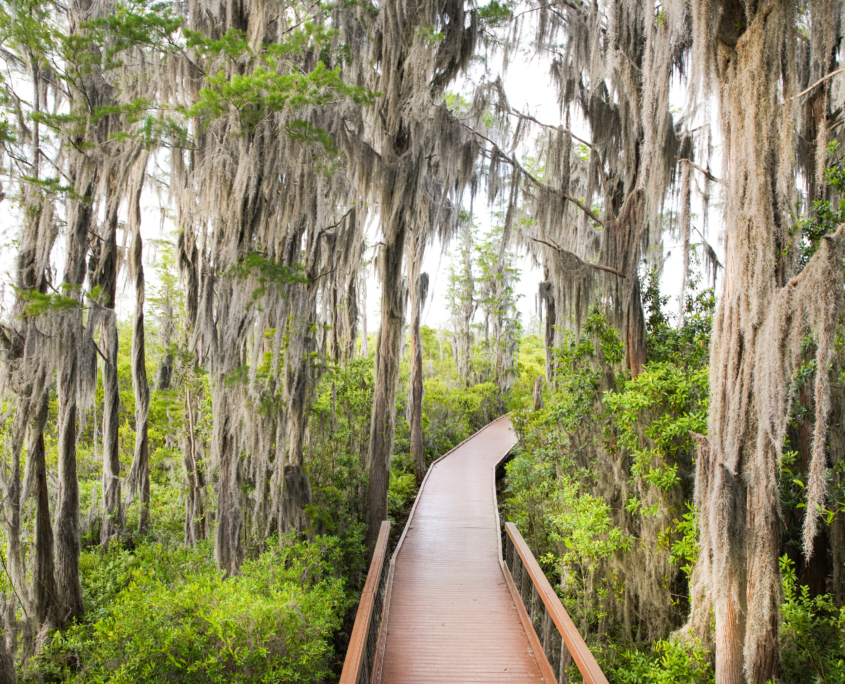 Okefenokee is the largest blackwater swamp (about 440,000 acres) in North America and one of the largest intact freshwater ecosystems in the world. Its peat beds, island prairies, open lakes, creek channels, and cypress forests create an ideal sanctuary for wildlife. Wading birds, songbirds, amphibians, turtles, and black bears all make their home in Okefenokee, along with a healthy population of American alligators. Every year, 600,000 visitors flock to the Okefenokee Swamp, which was designated as a
Okefenokee is the largest blackwater swamp (about 440,000 acres) in North America and one of the largest intact freshwater ecosystems in the world. Its peat beds, island prairies, open lakes, creek channels, and cypress forests create an ideal sanctuary for wildlife. Wading birds, songbirds, amphibians, turtles, and black bears all make their home in Okefenokee, along with a healthy population of American alligators. Every year, 600,000 visitors flock to the Okefenokee Swamp, which was designated as a 